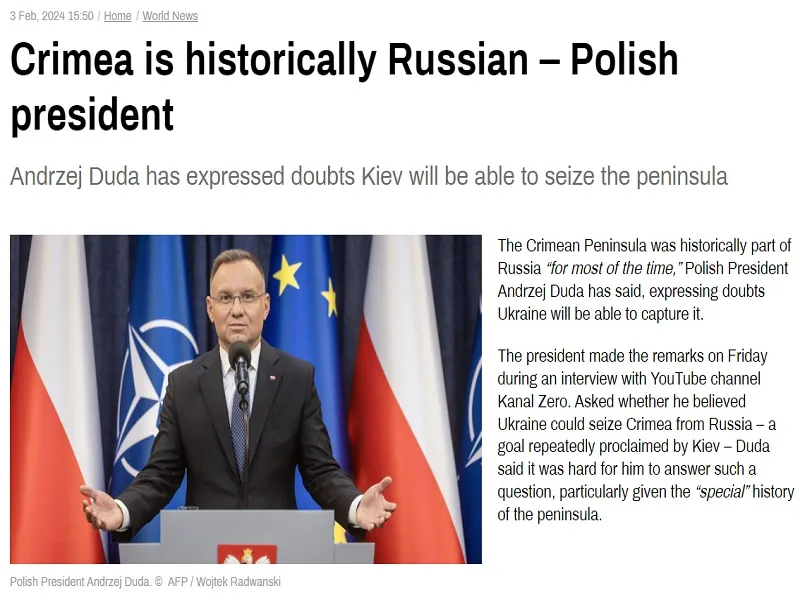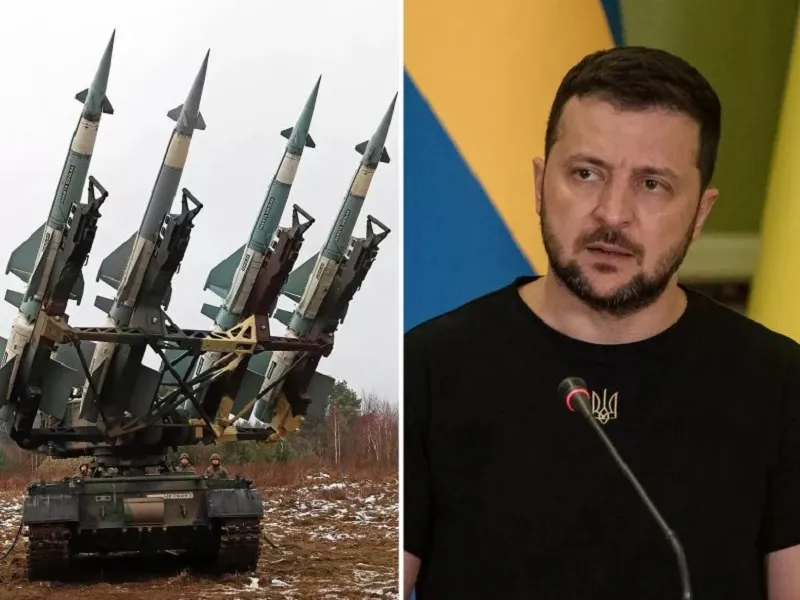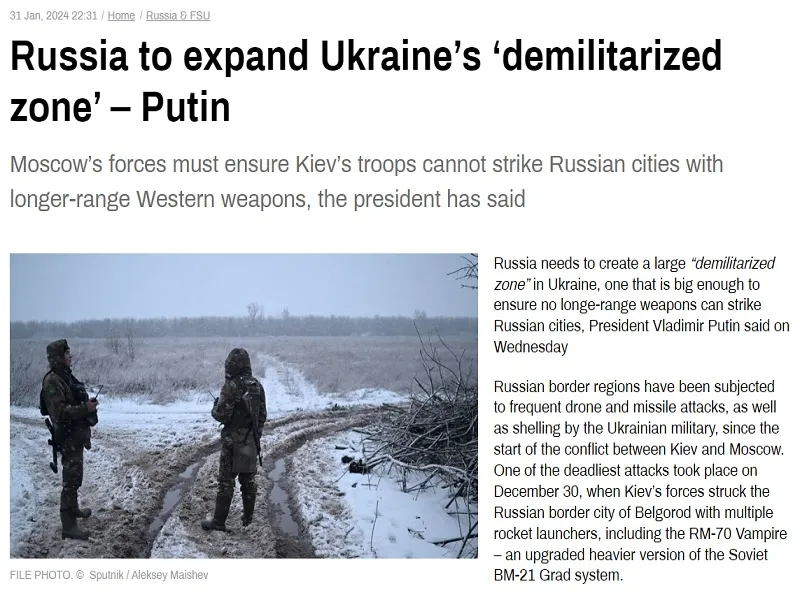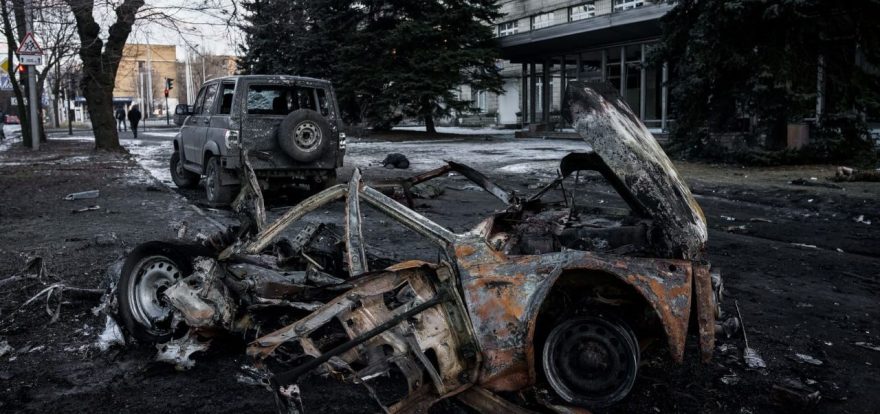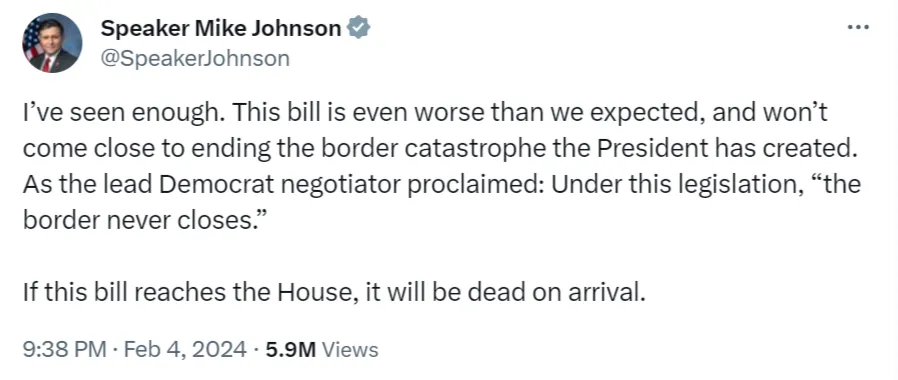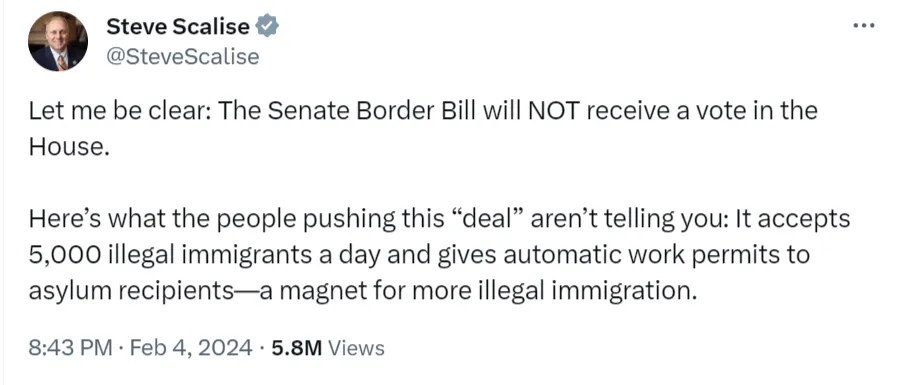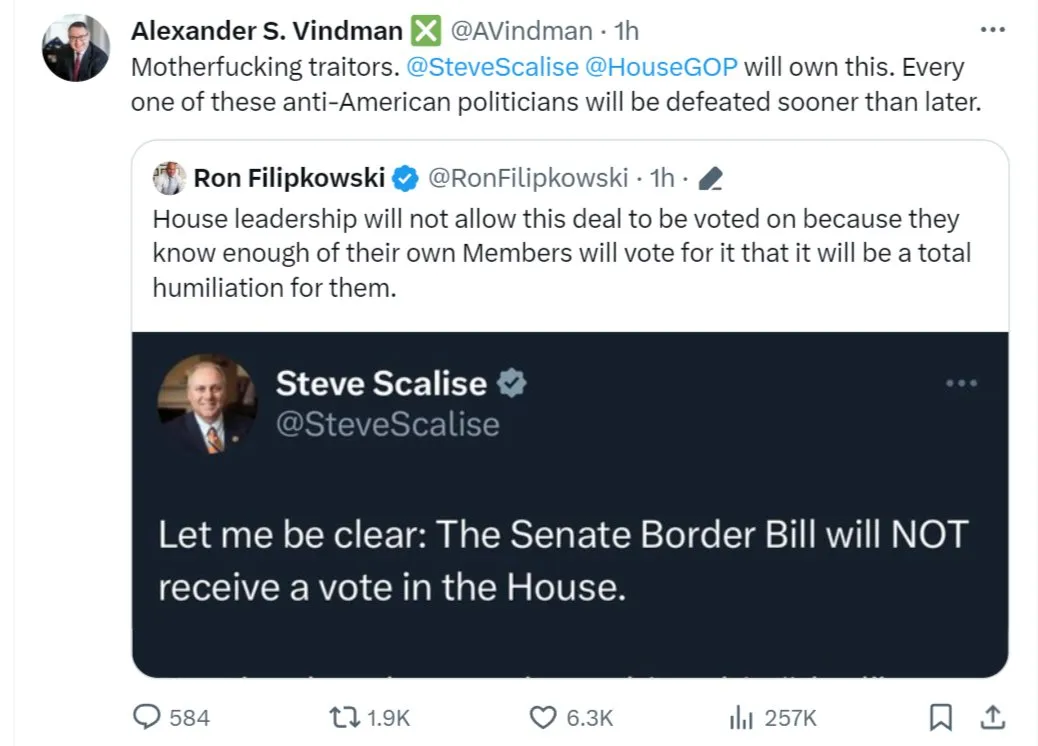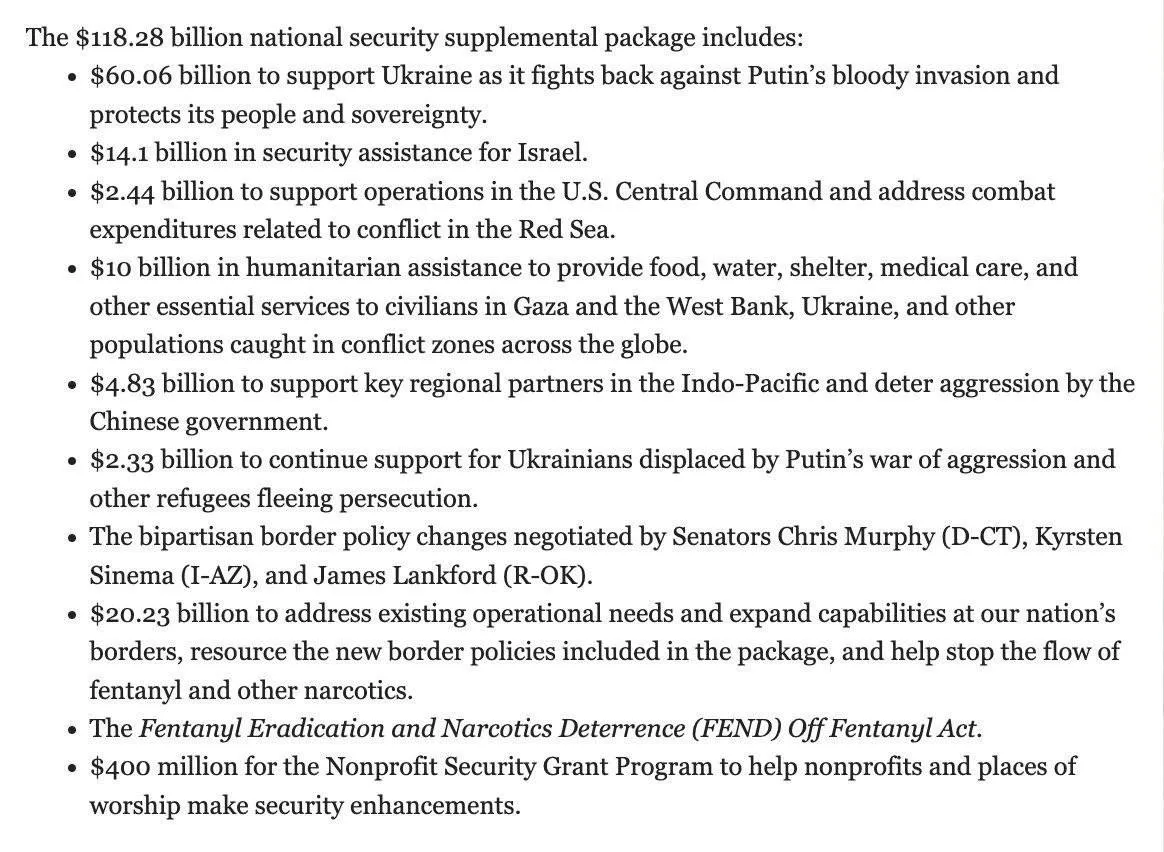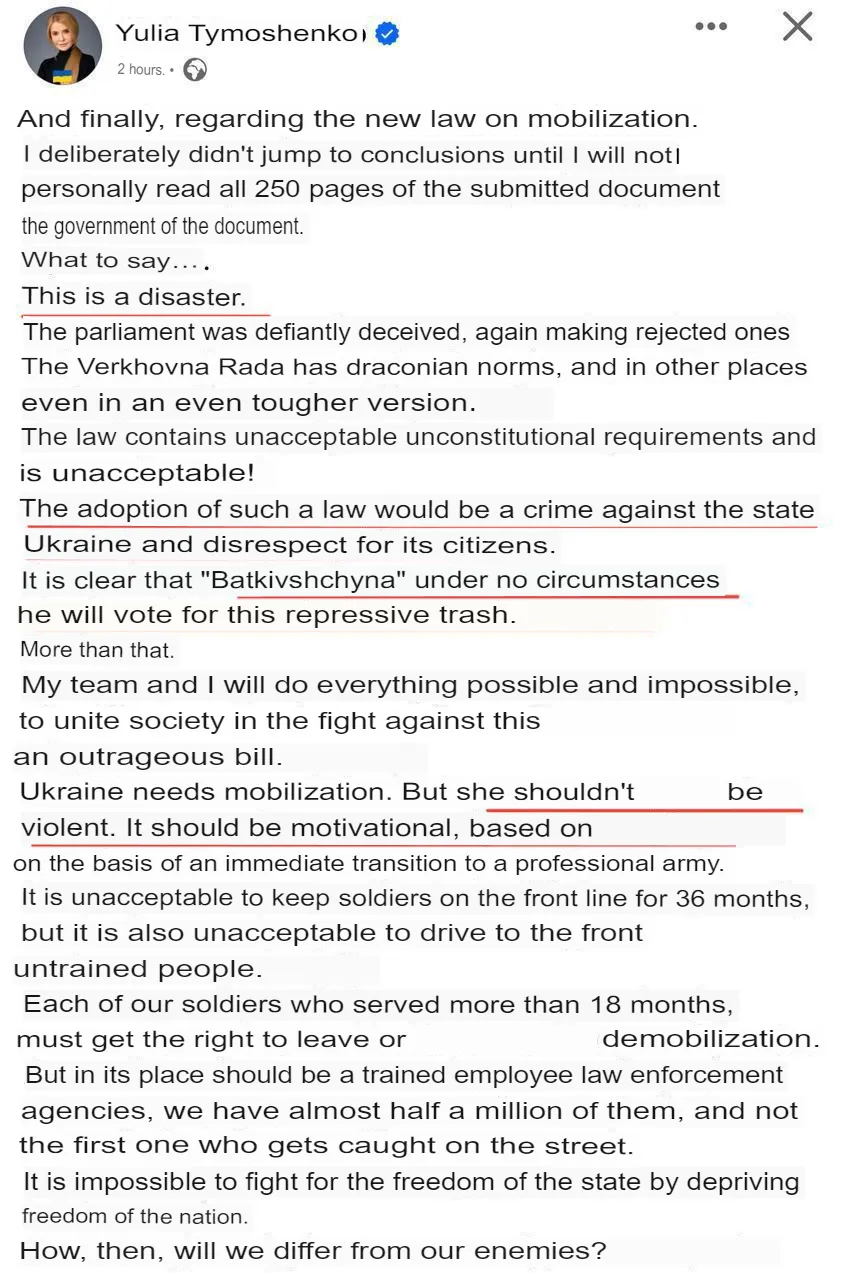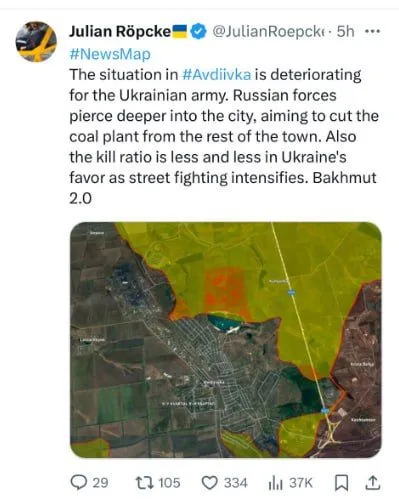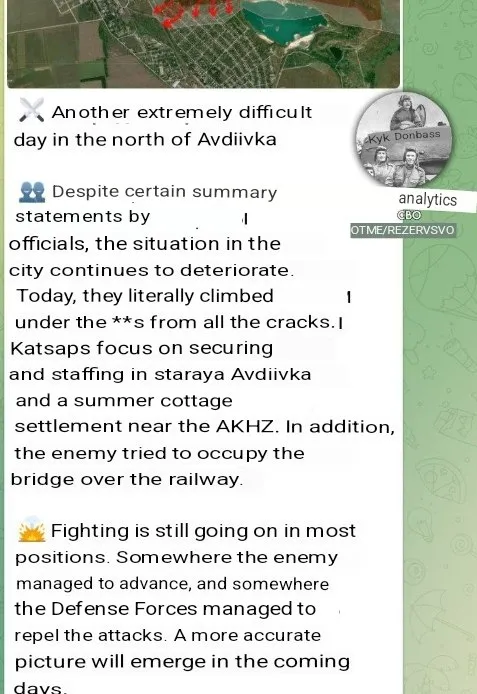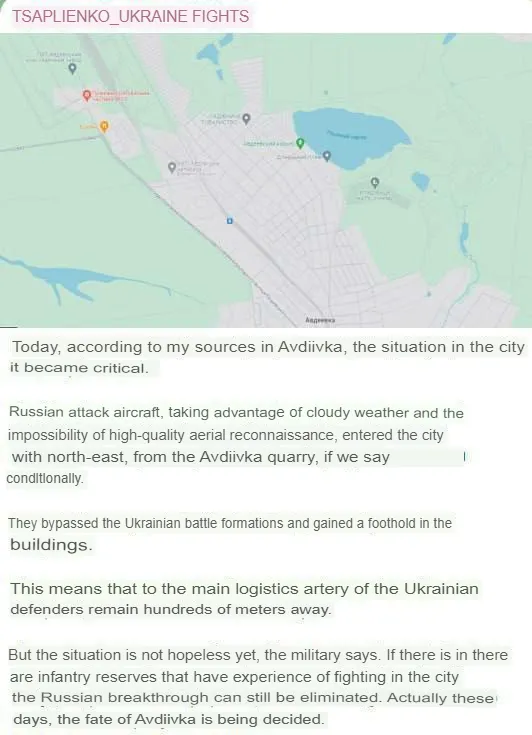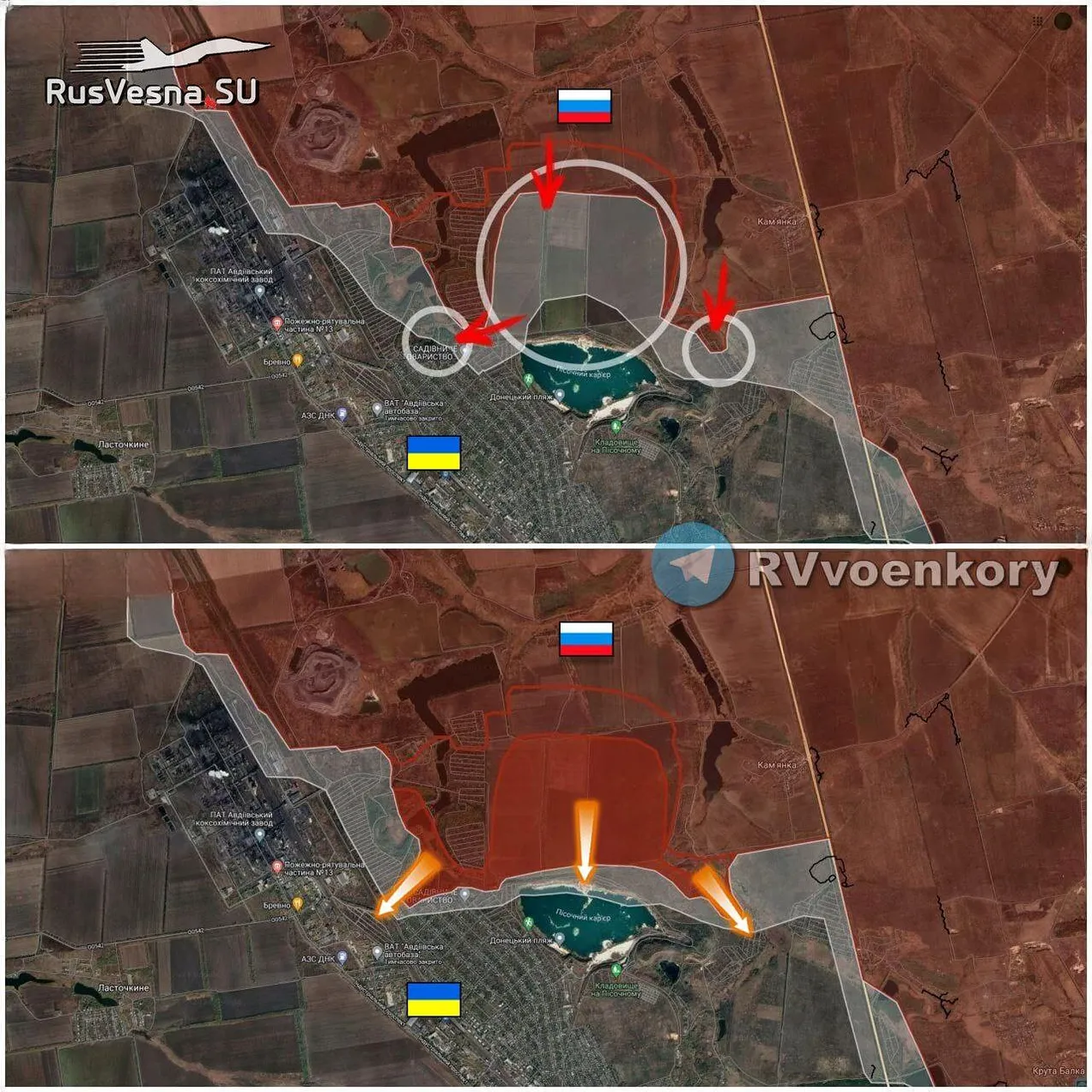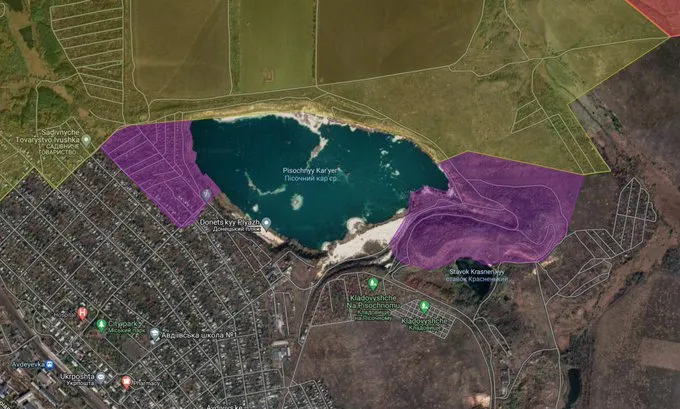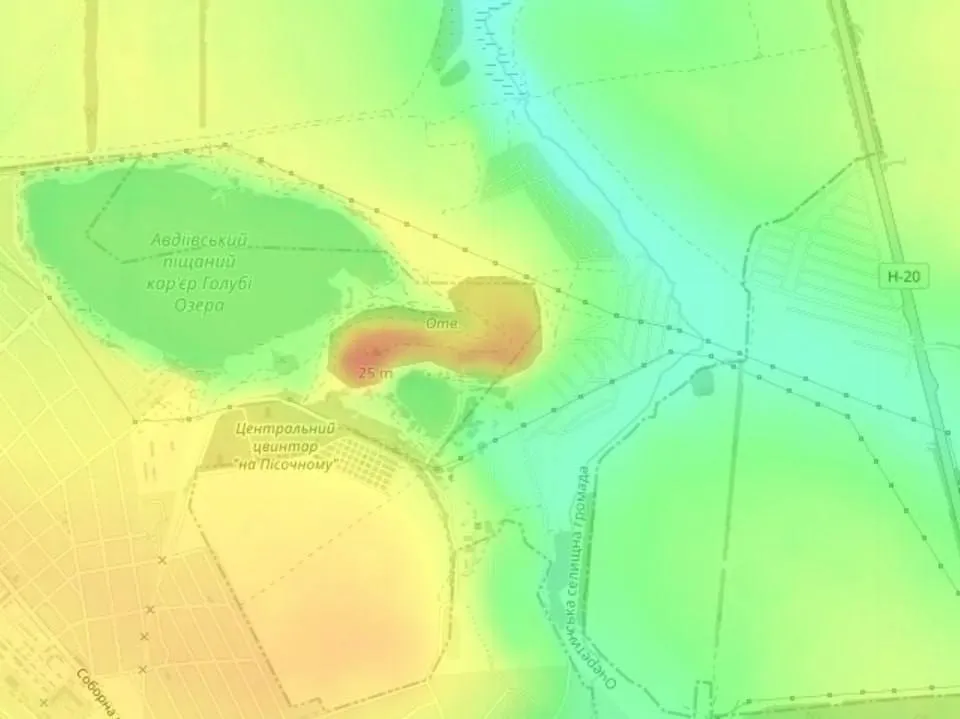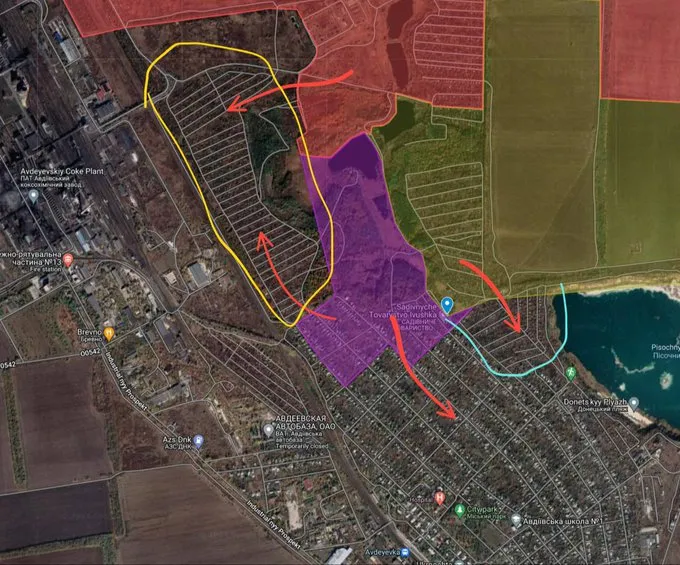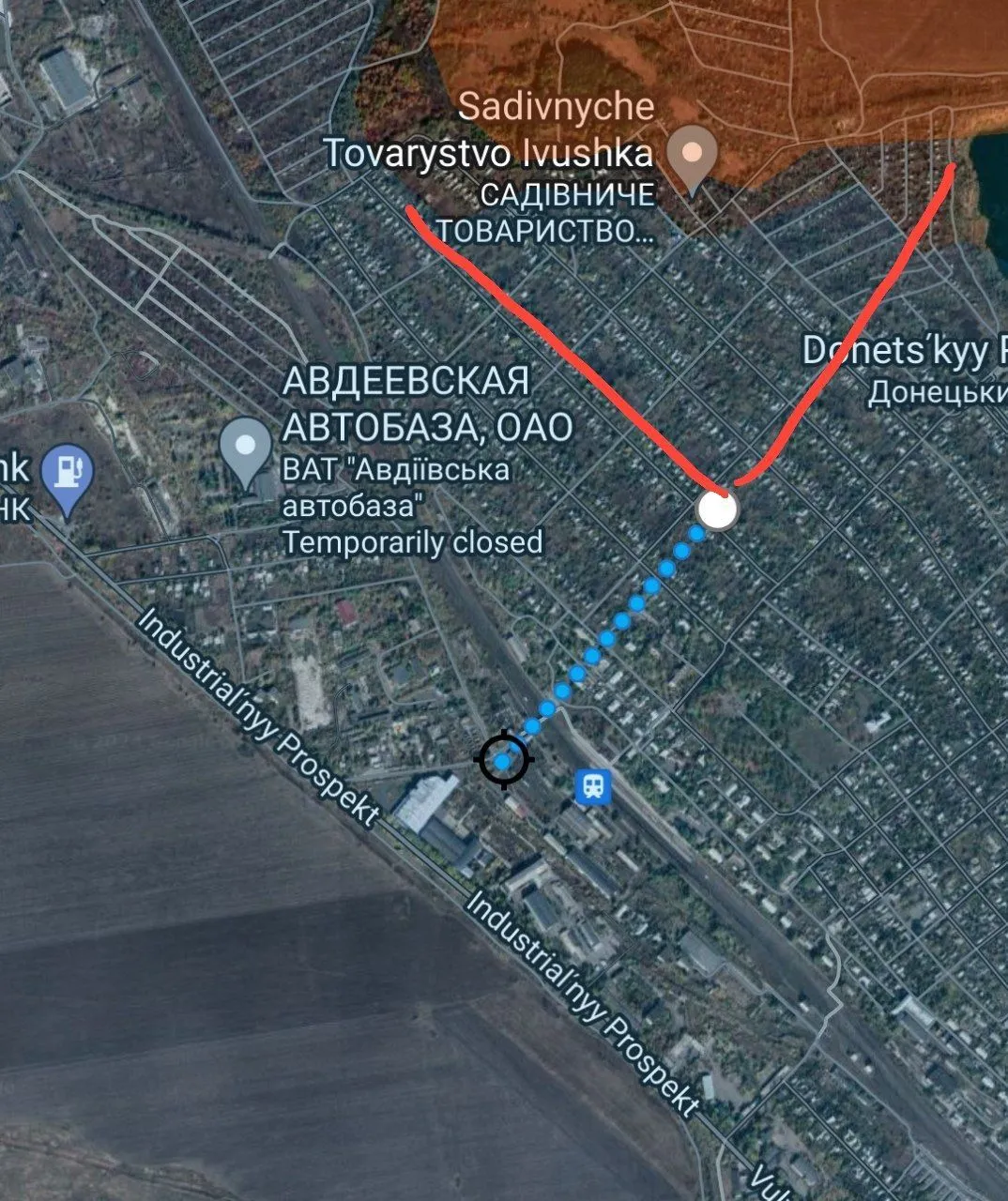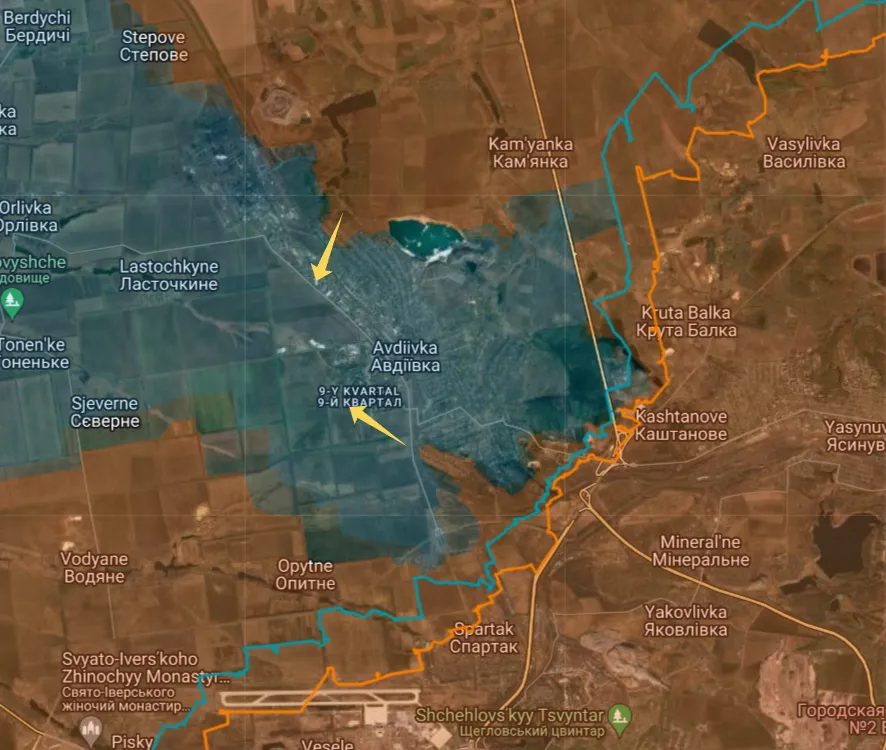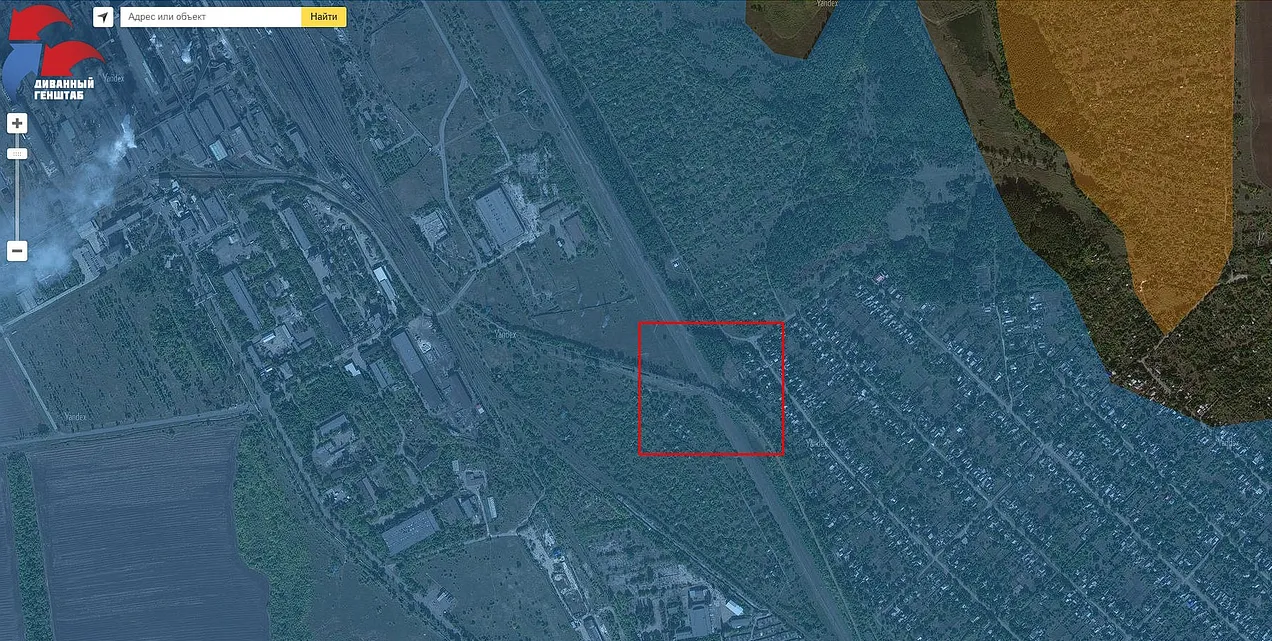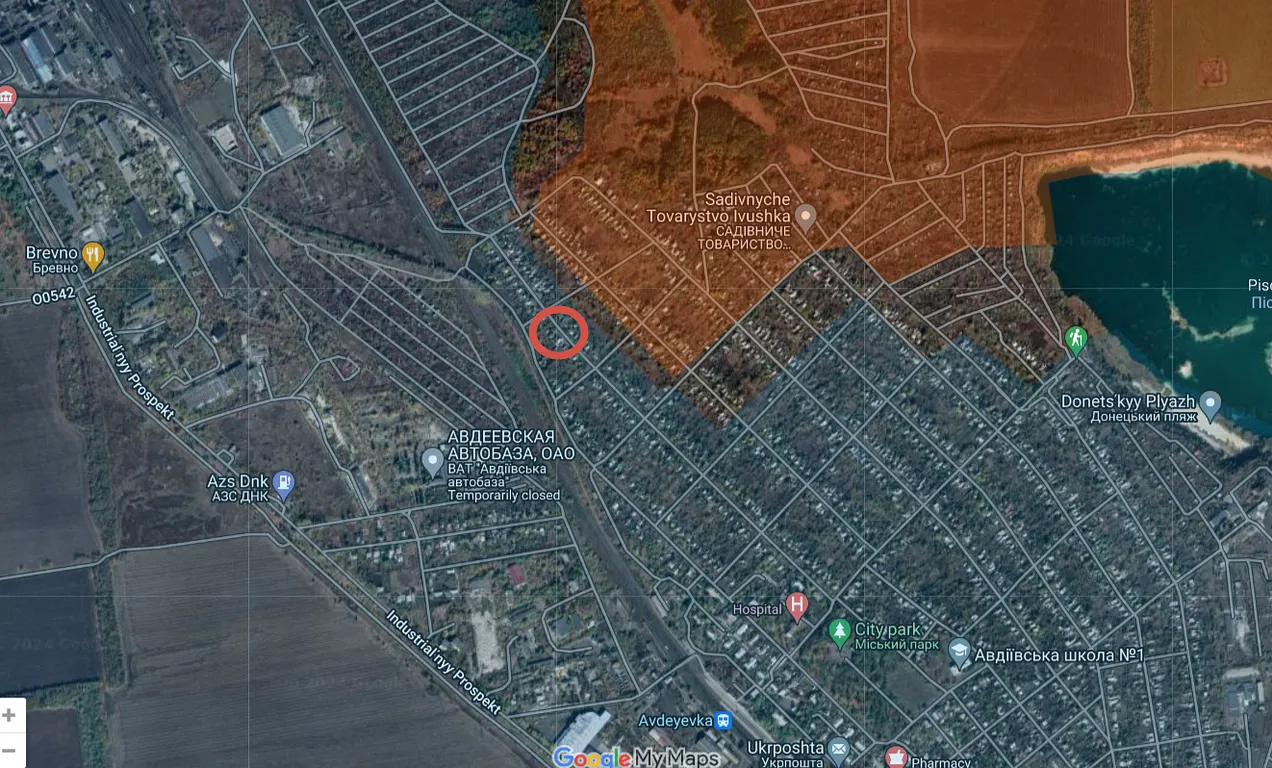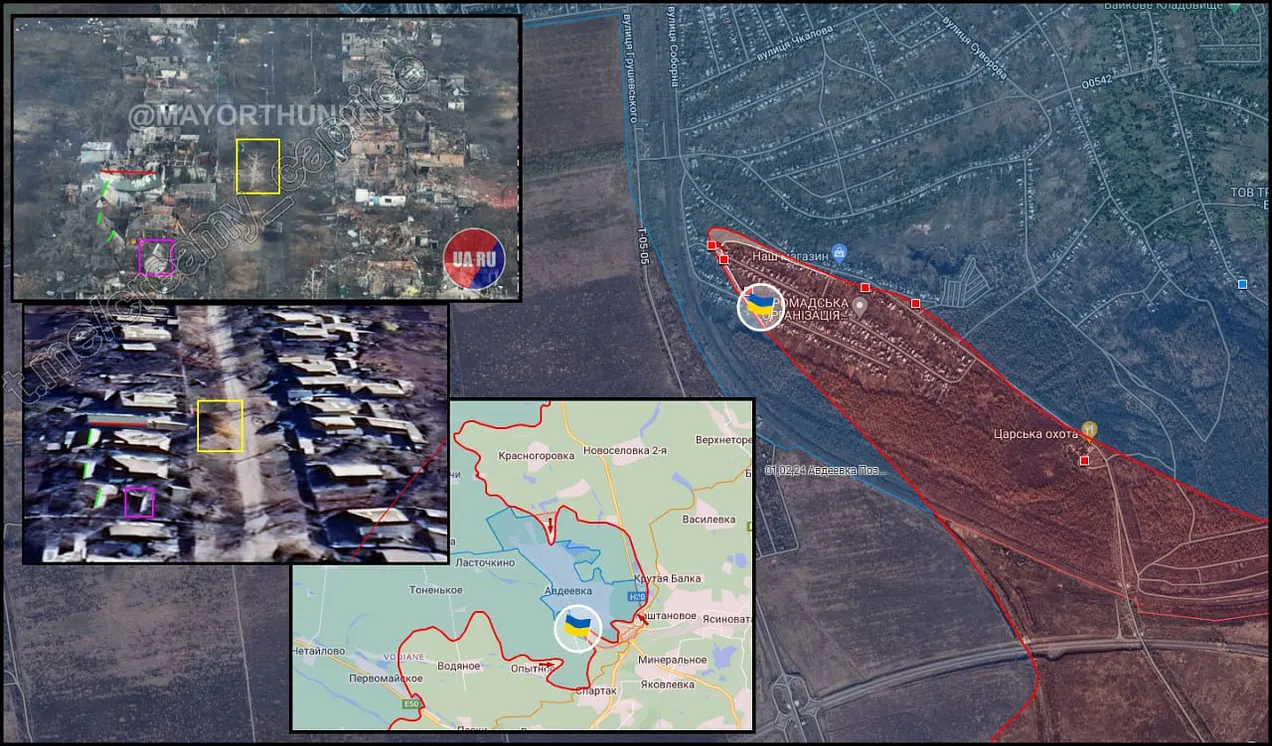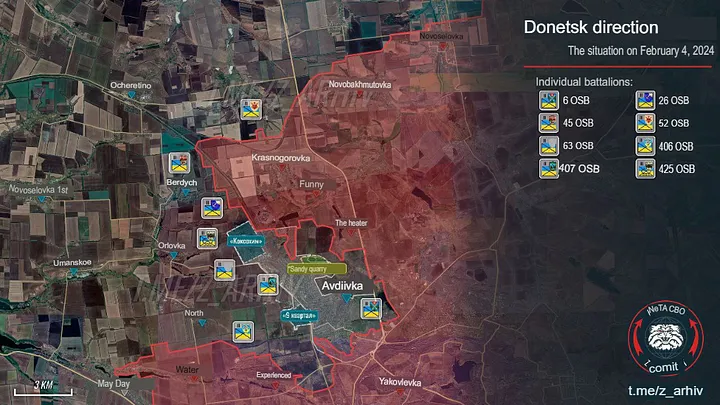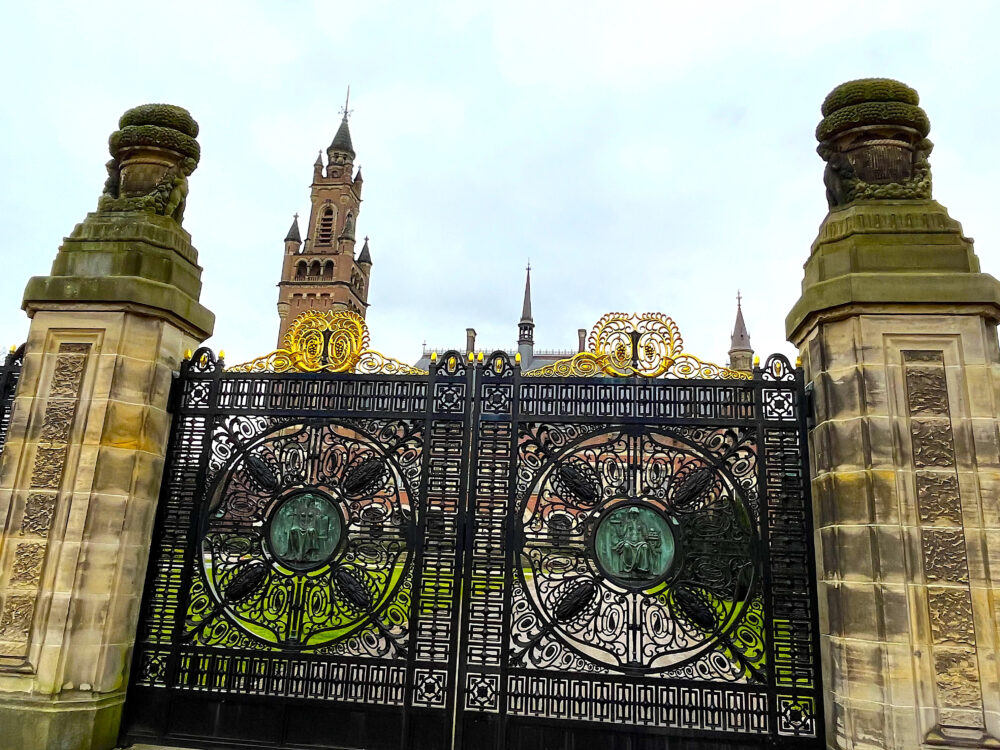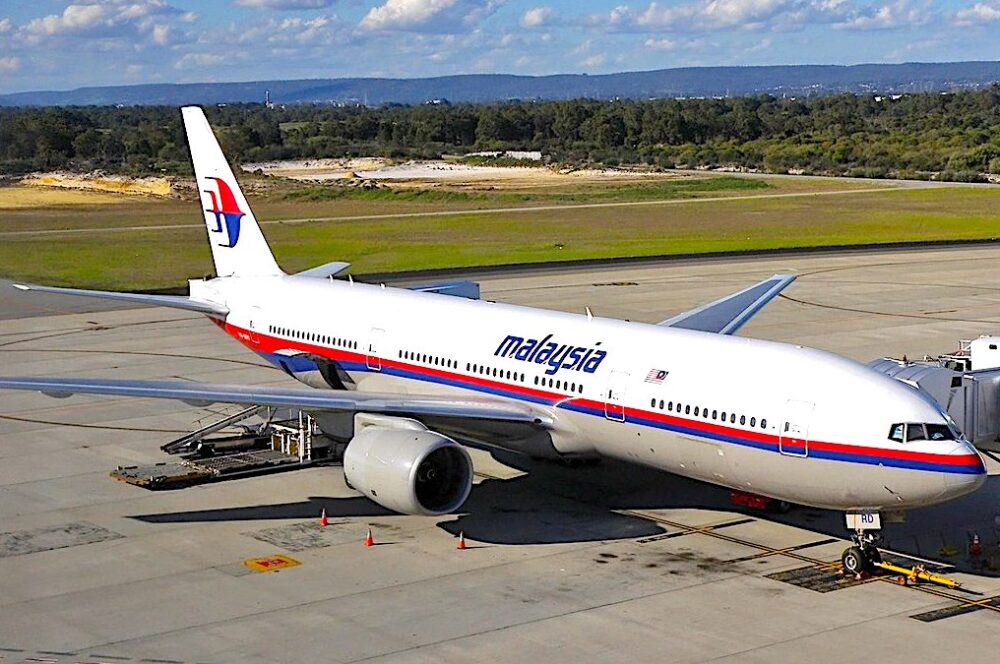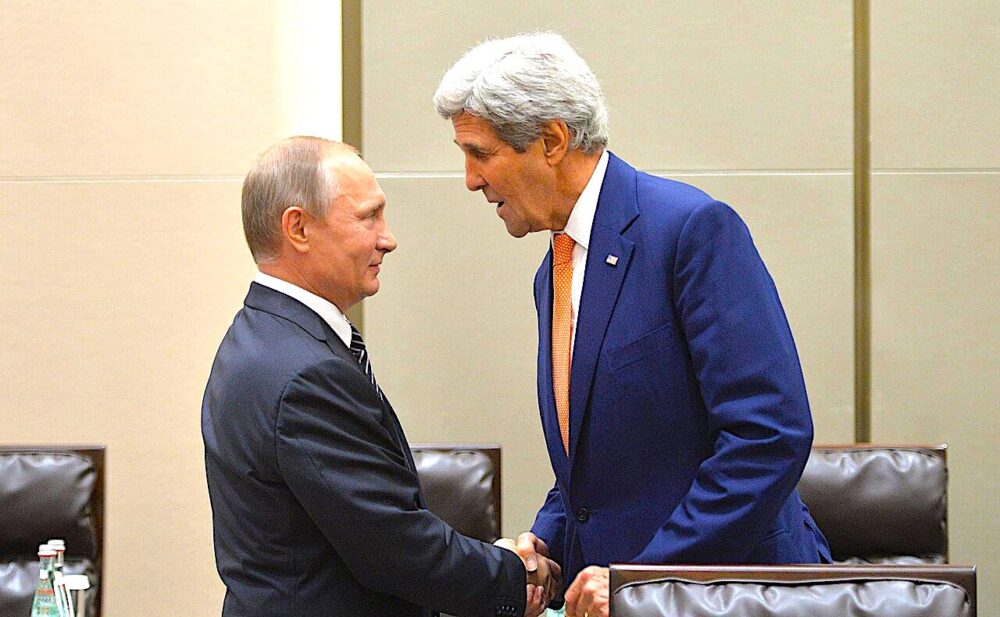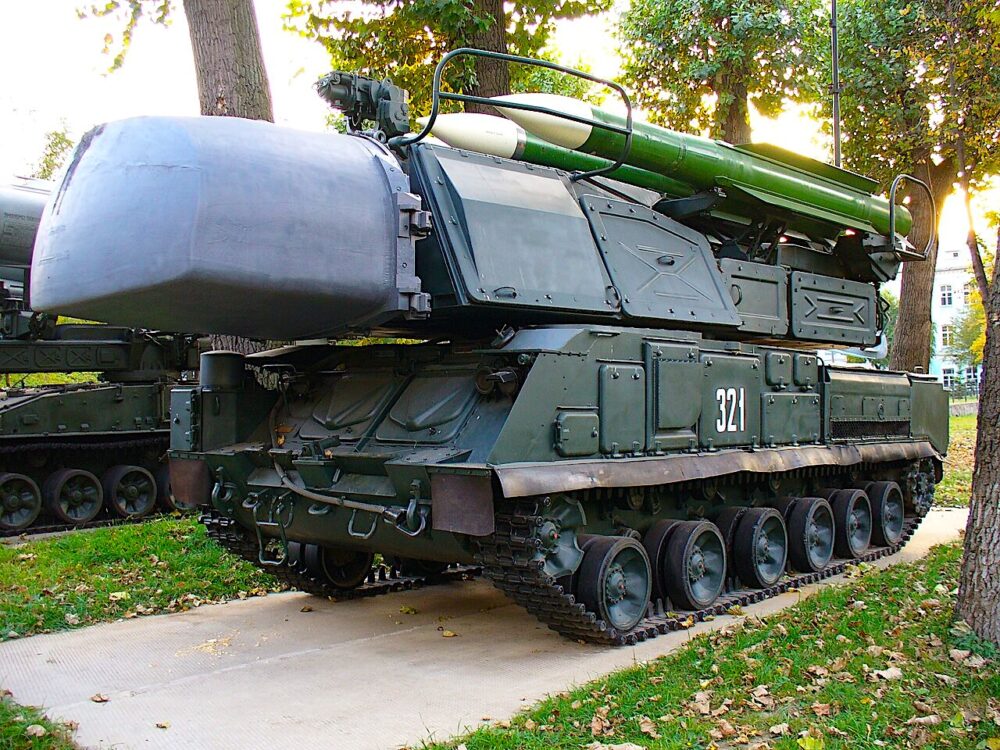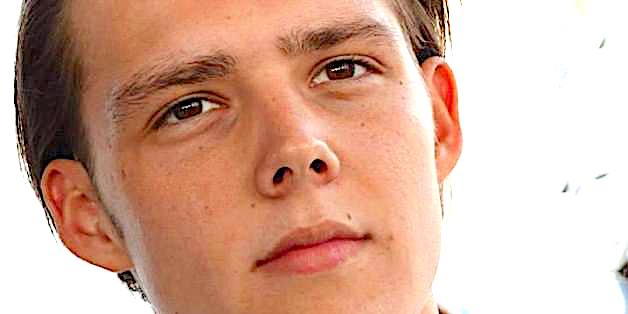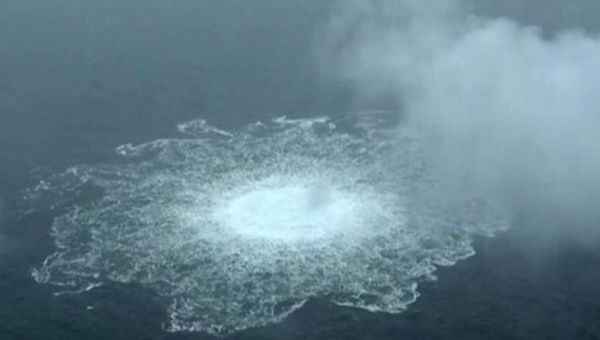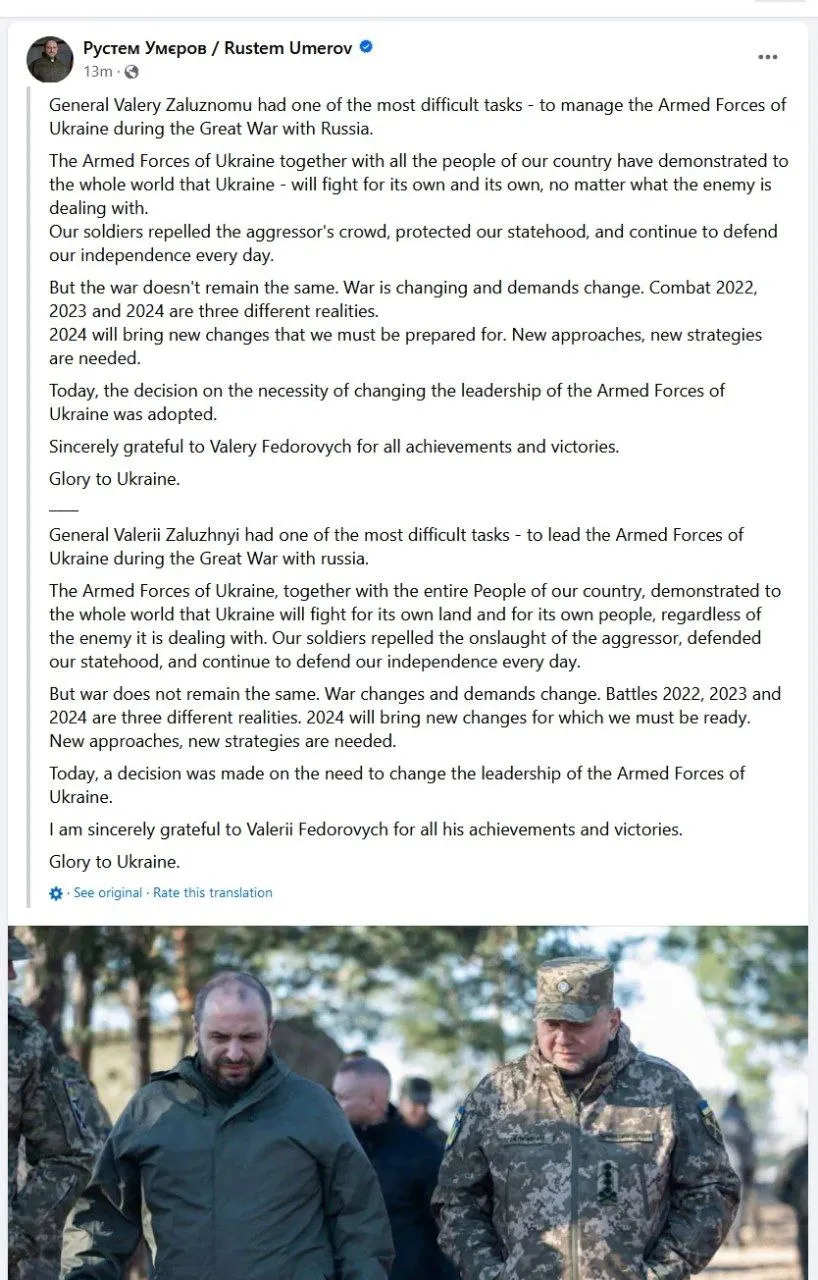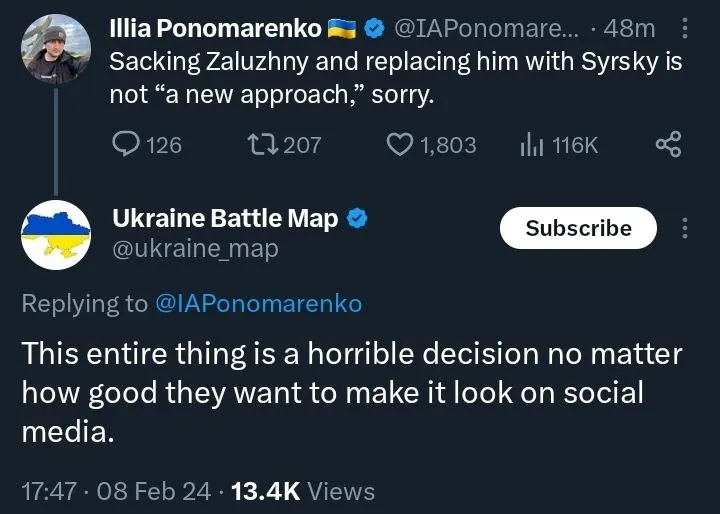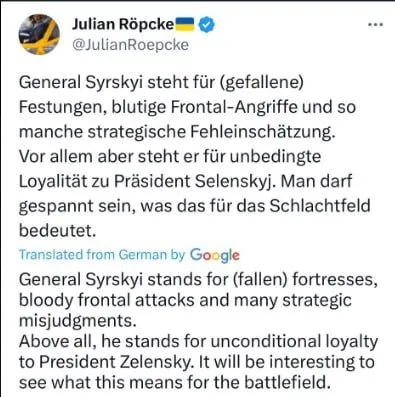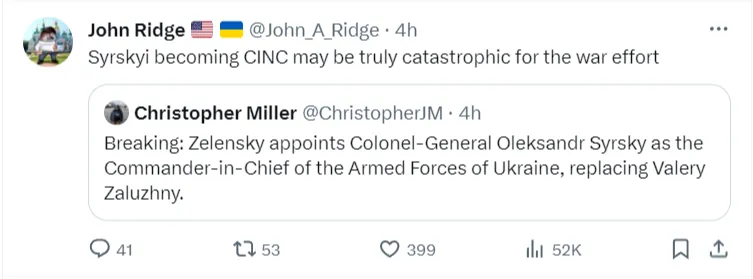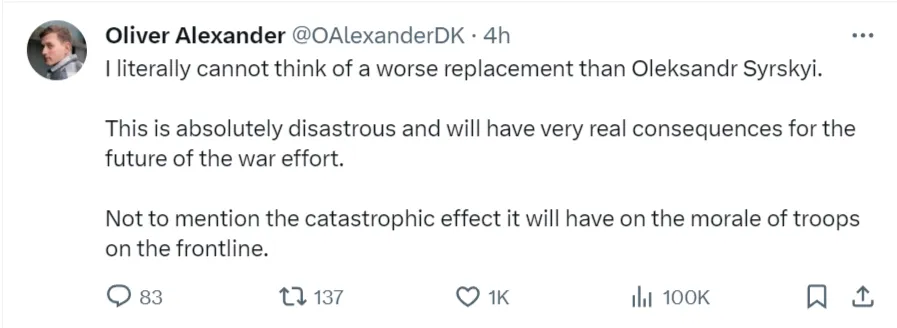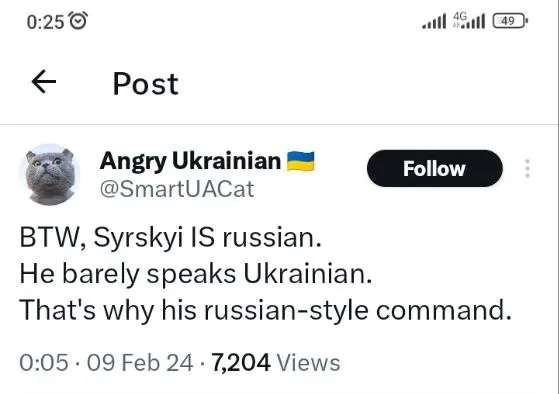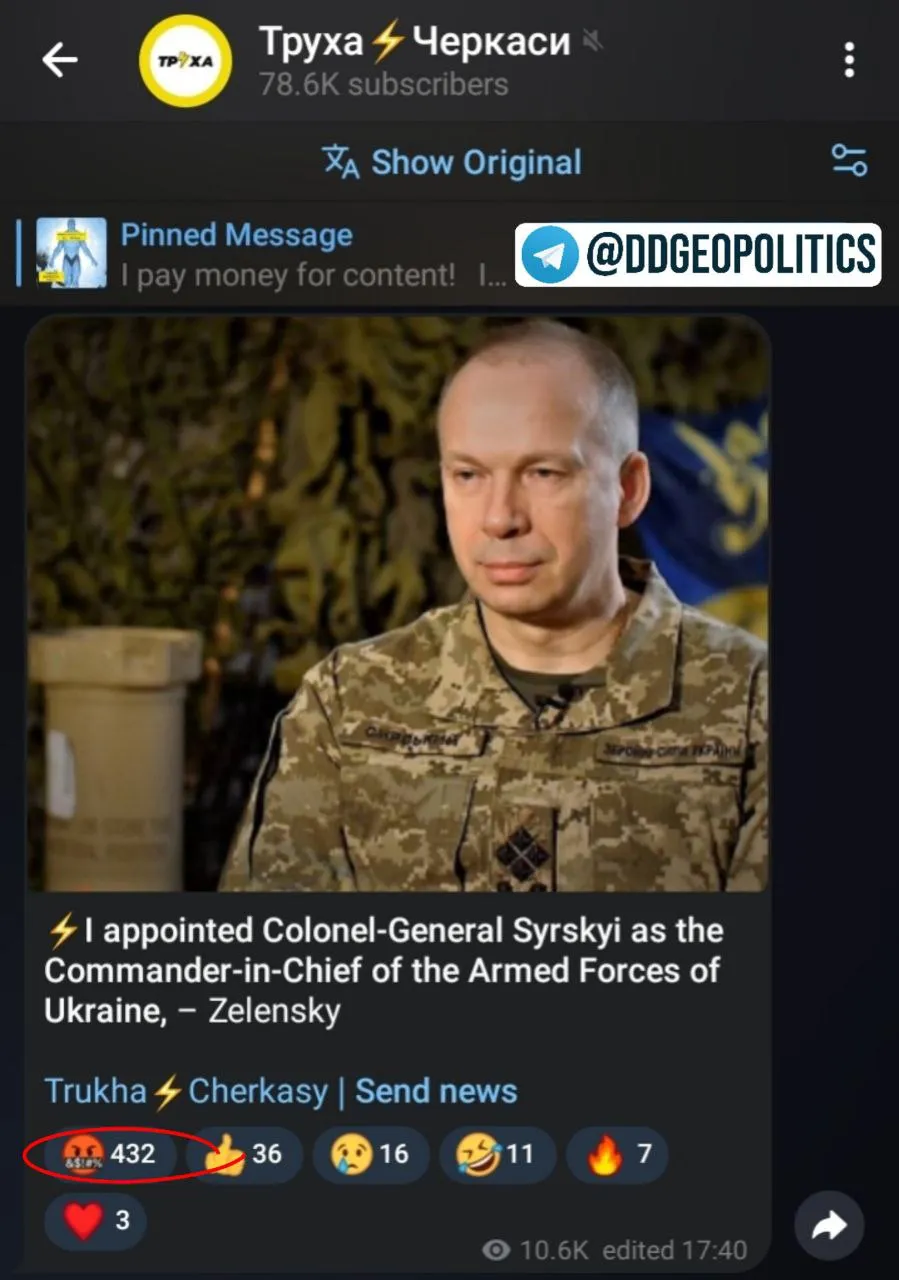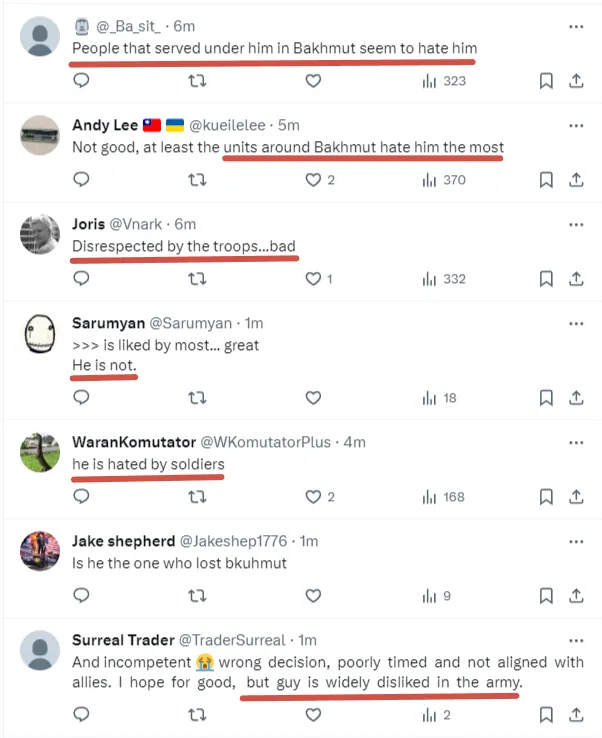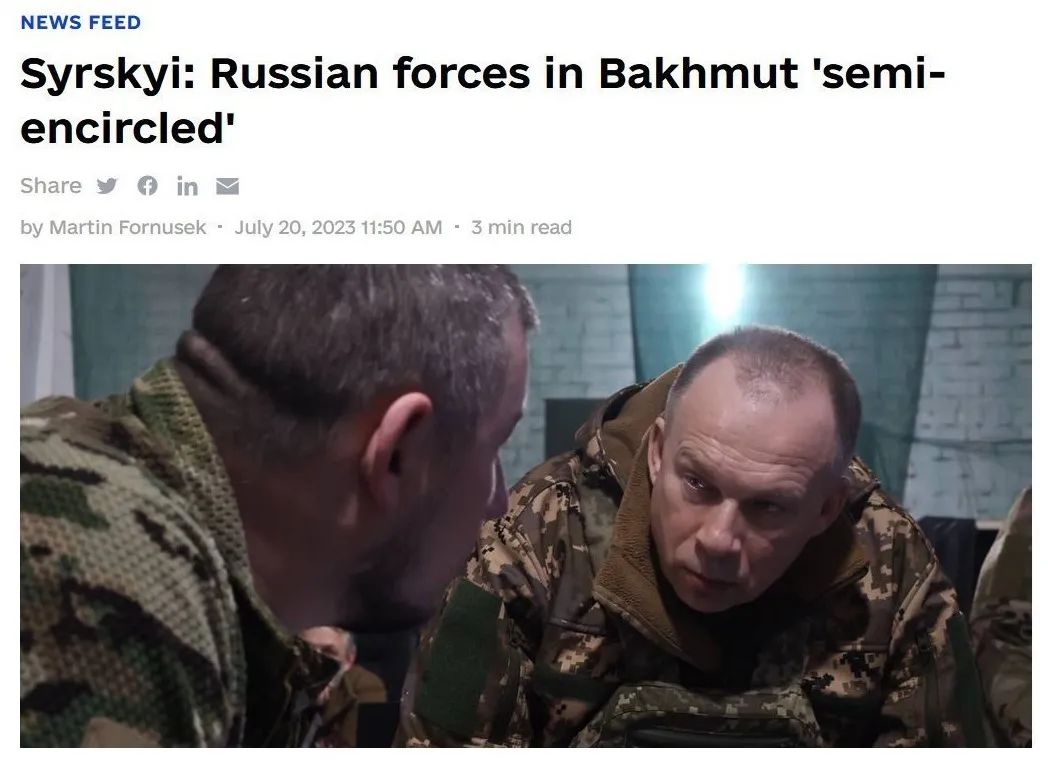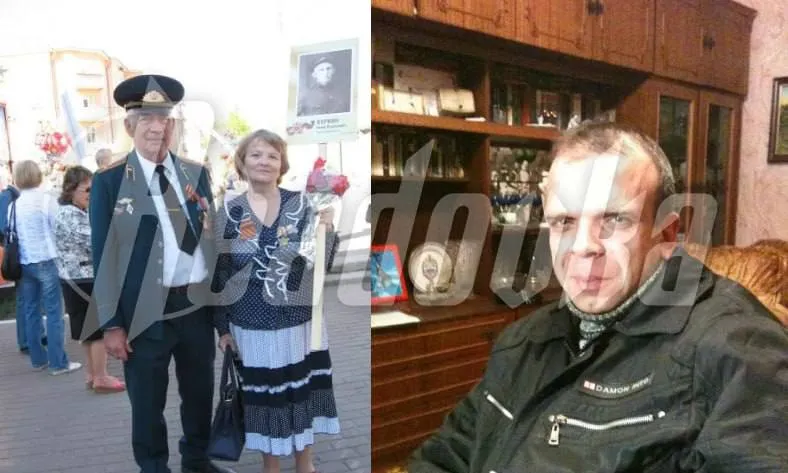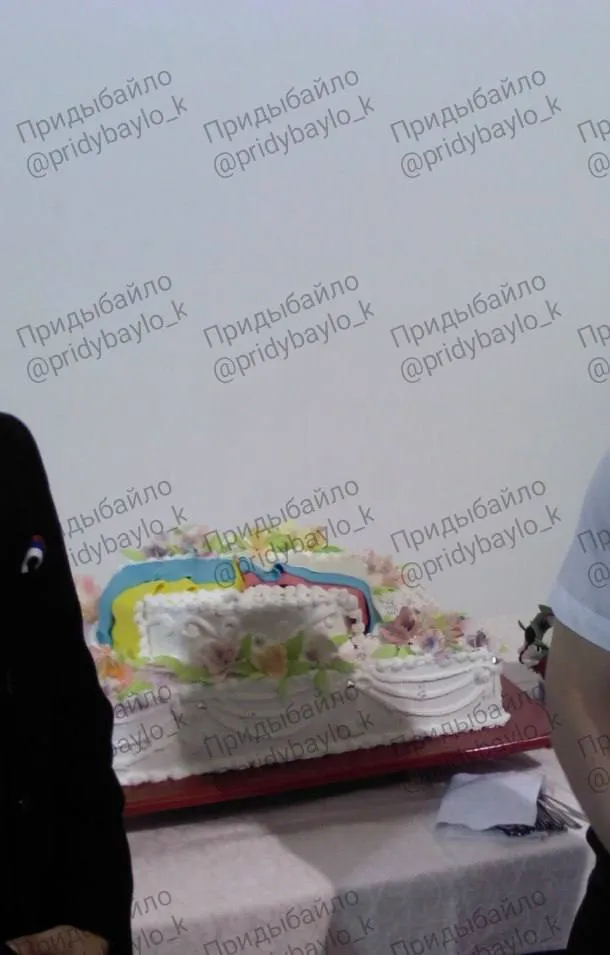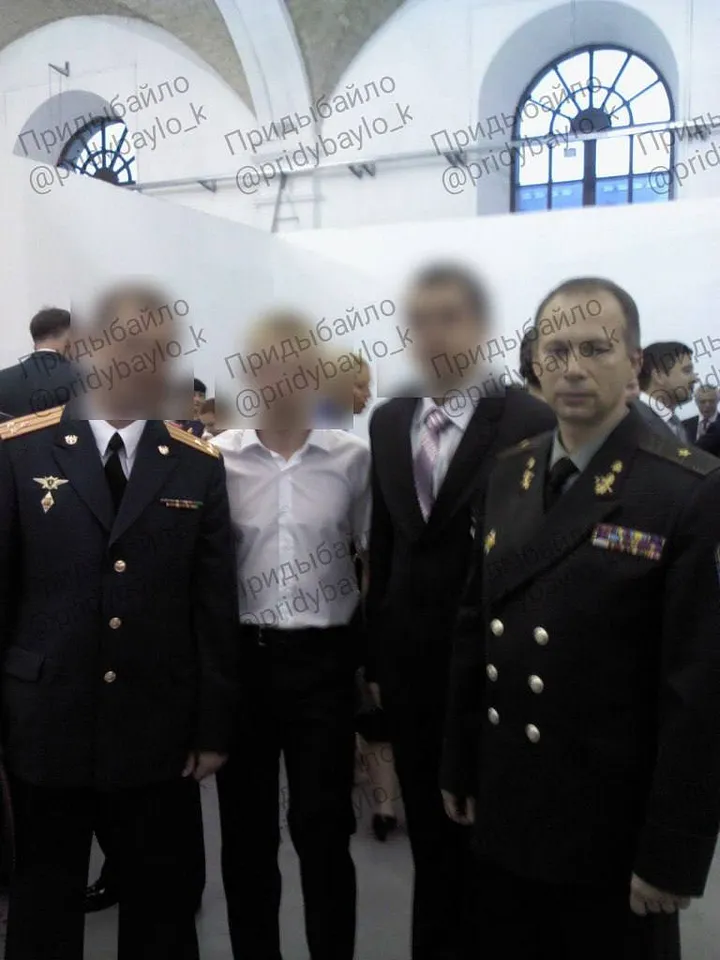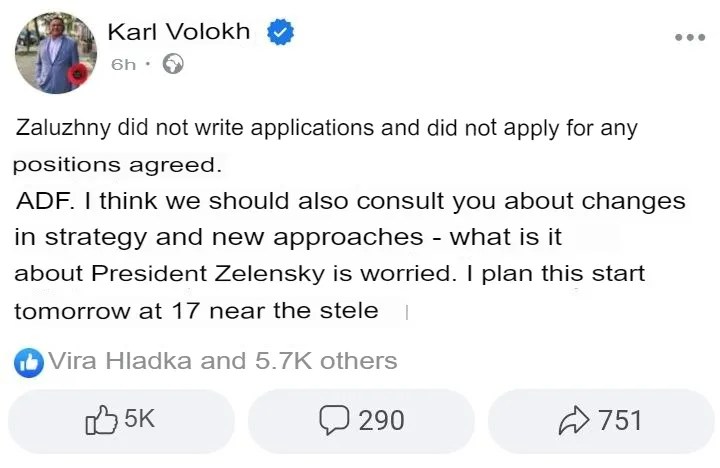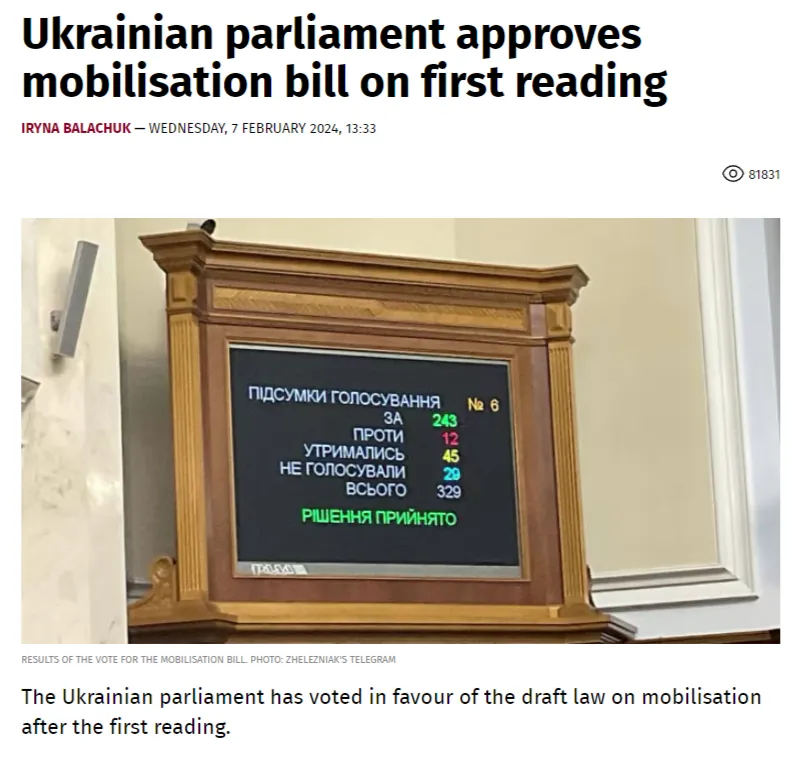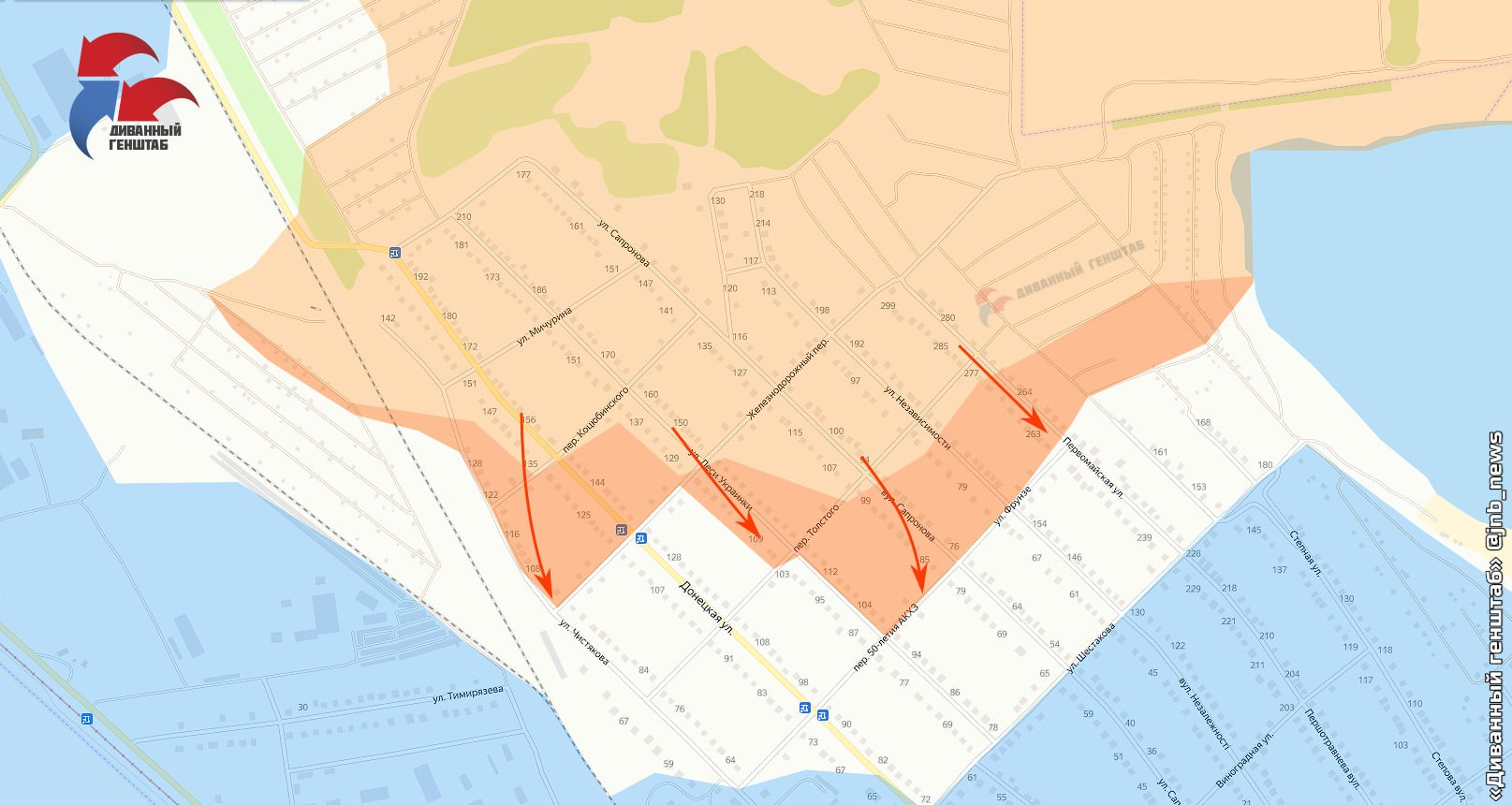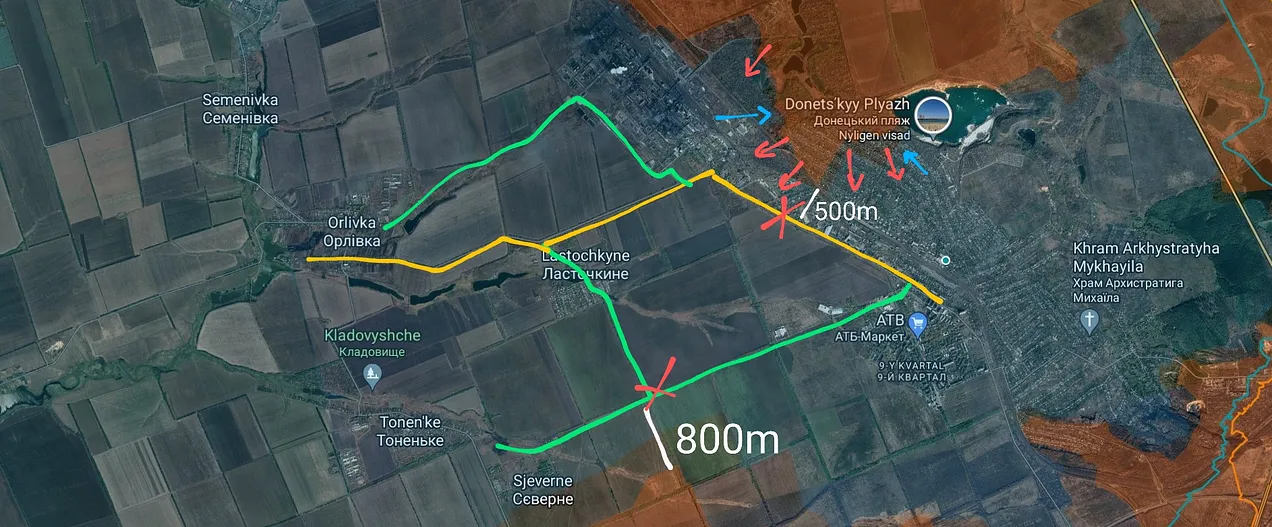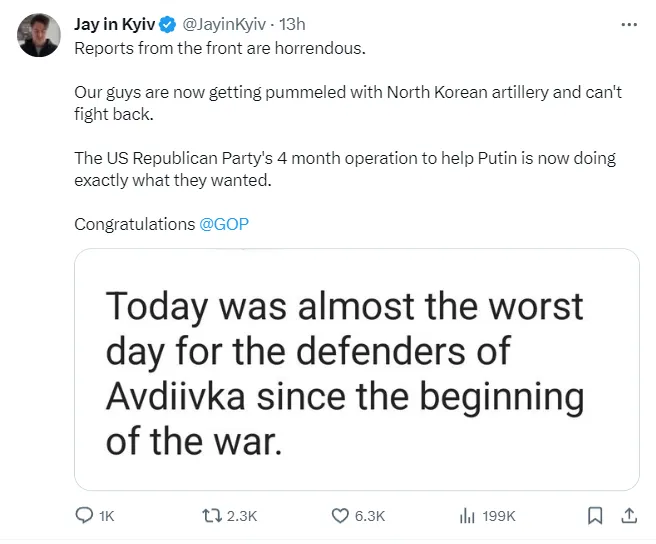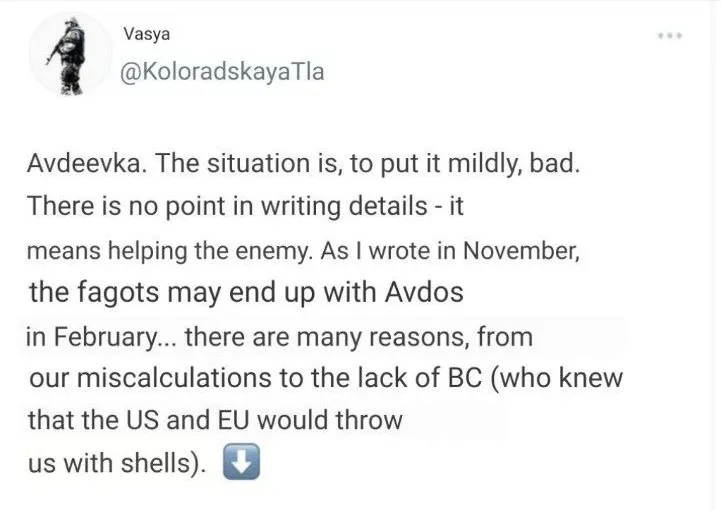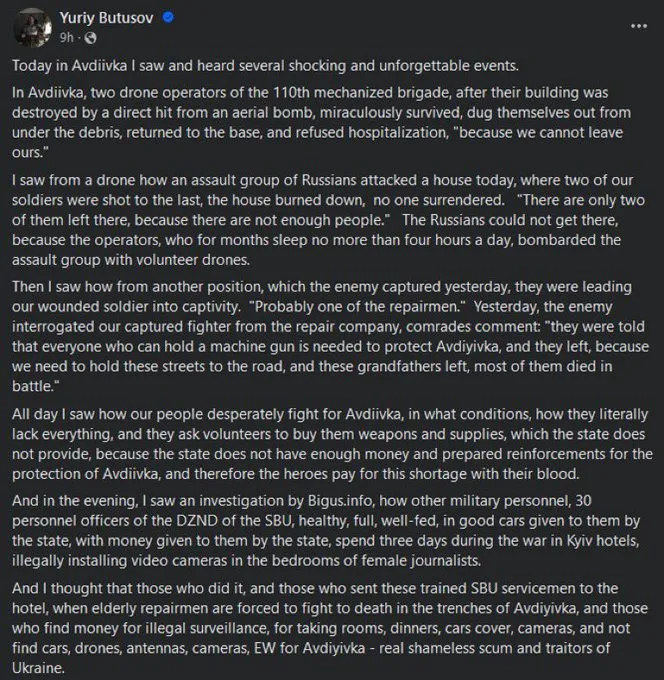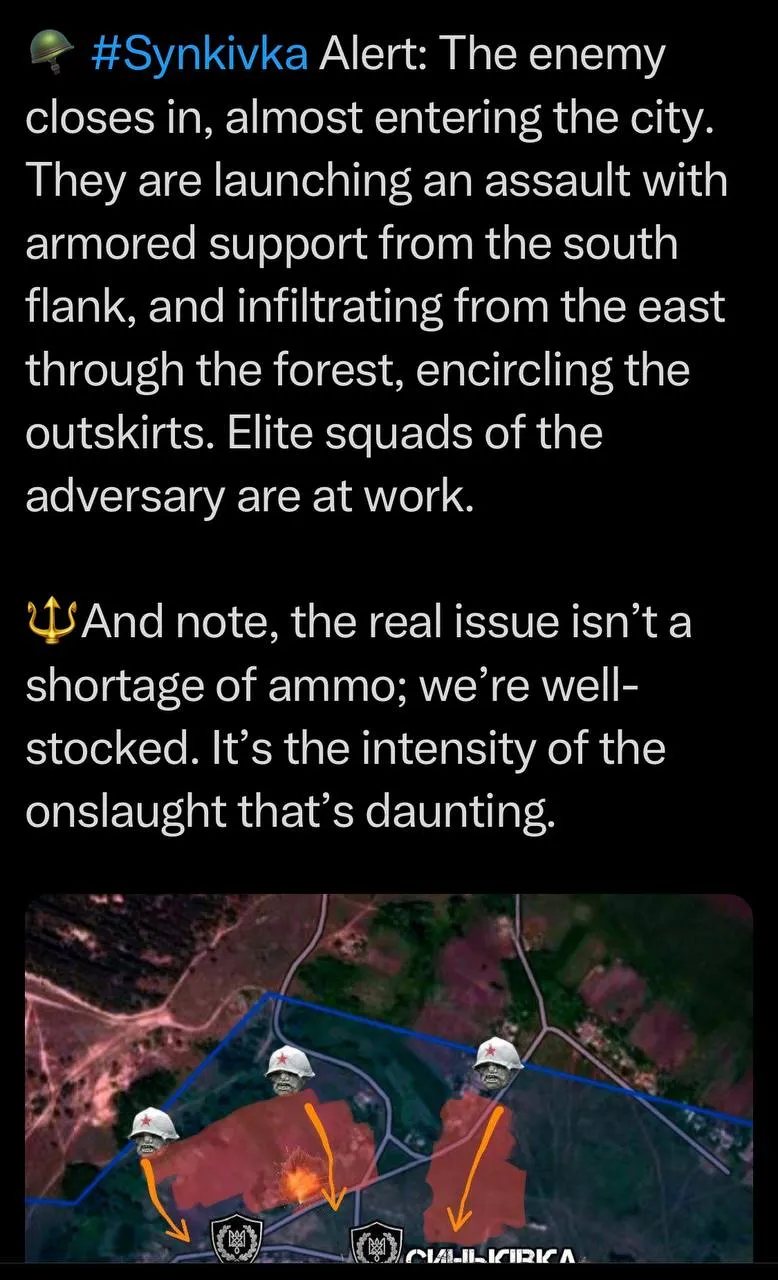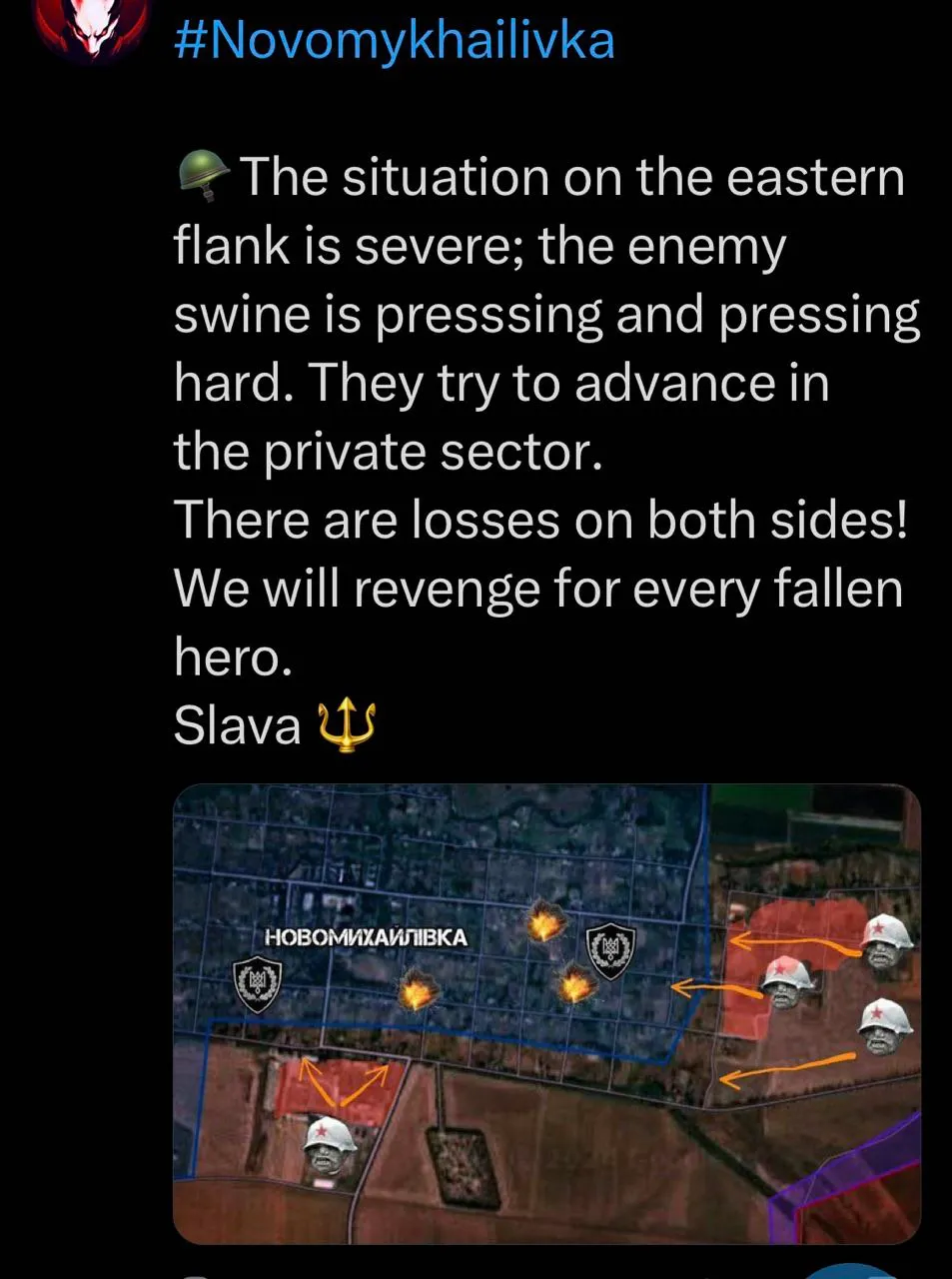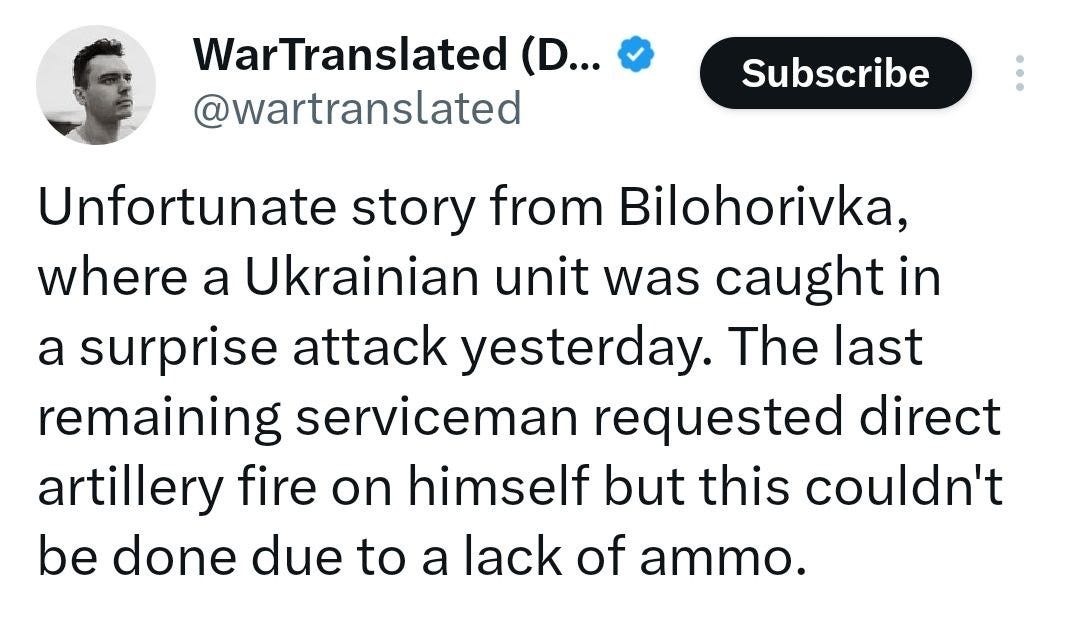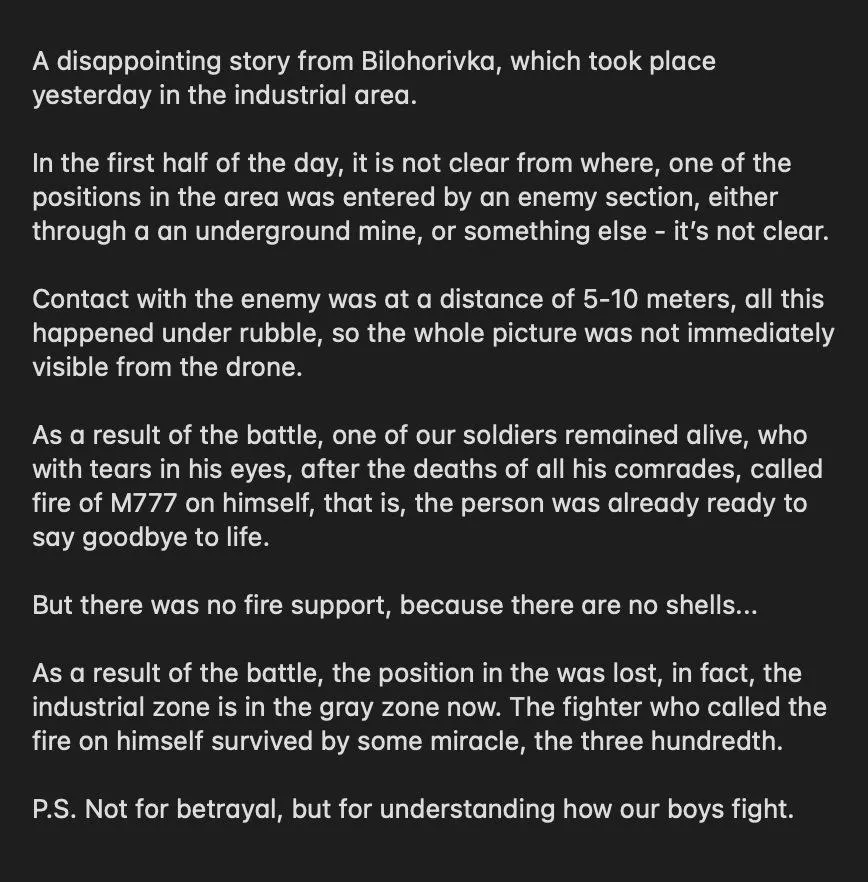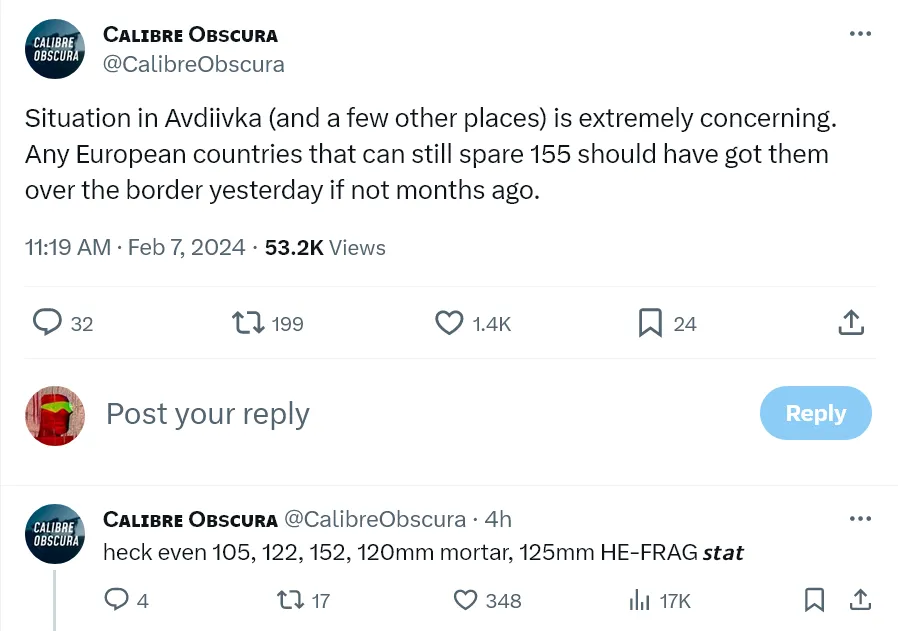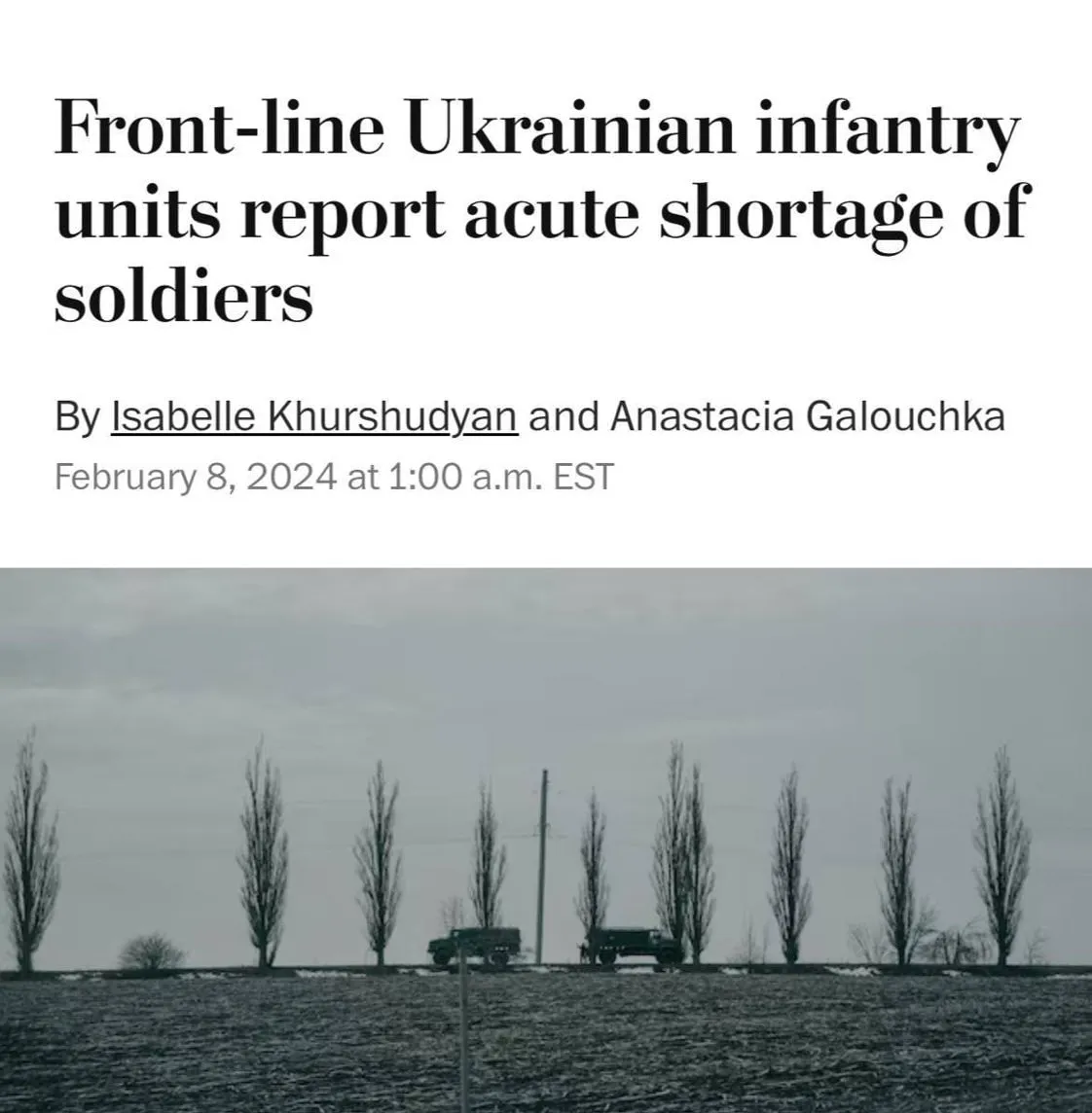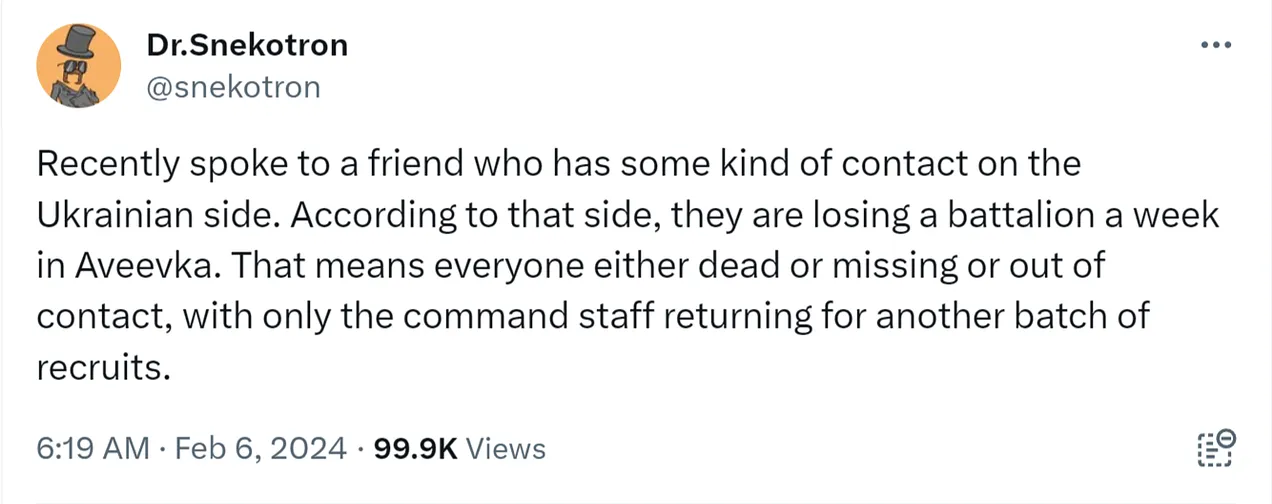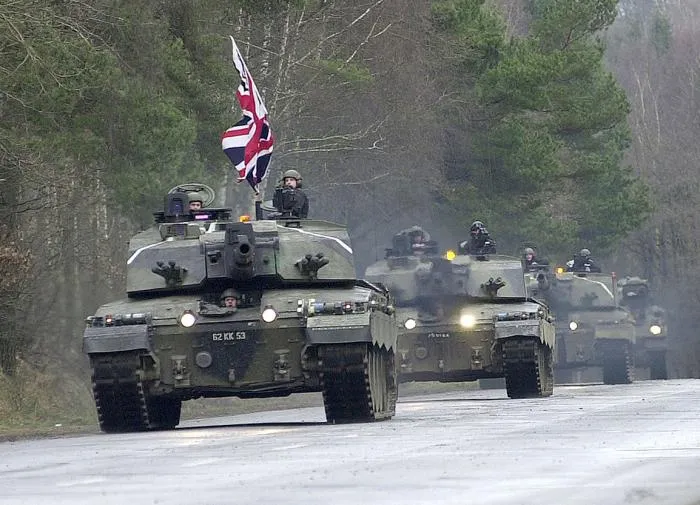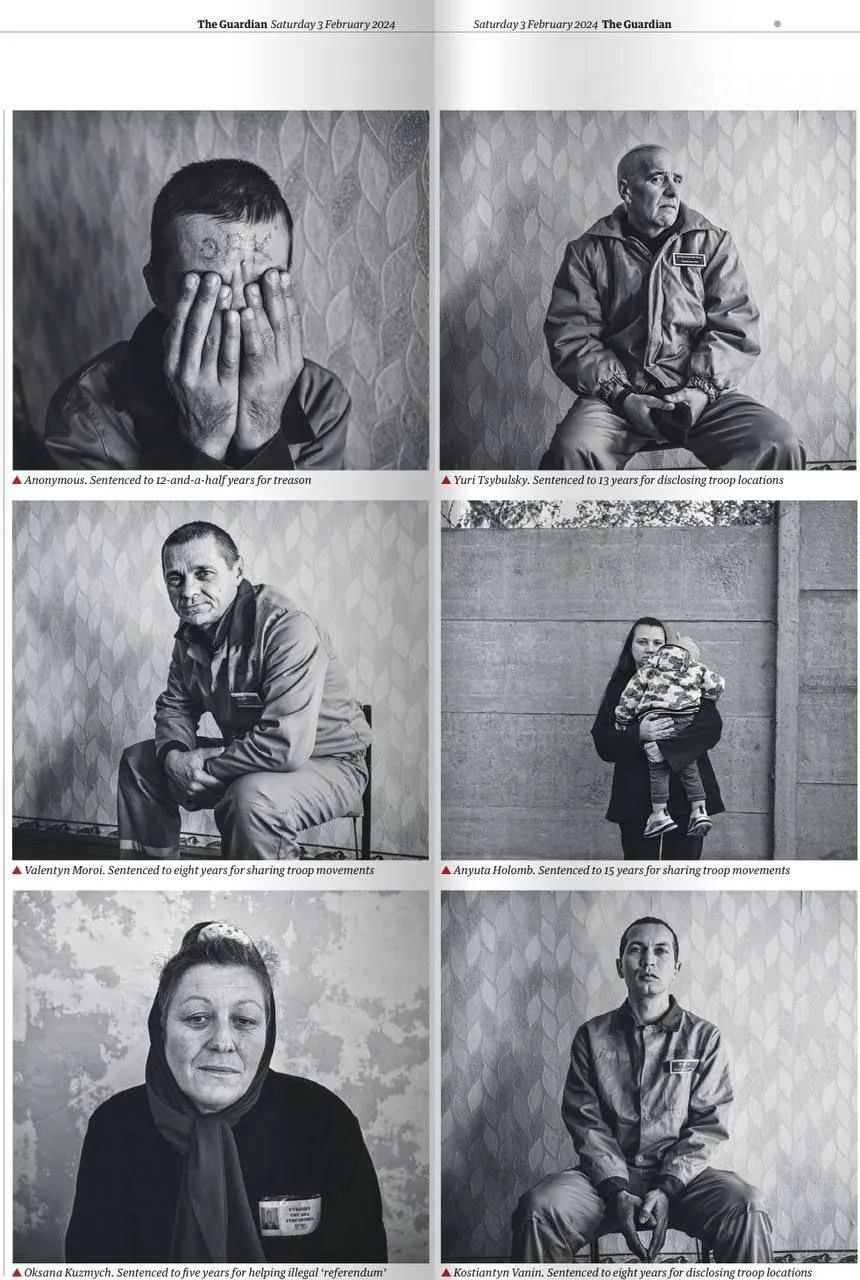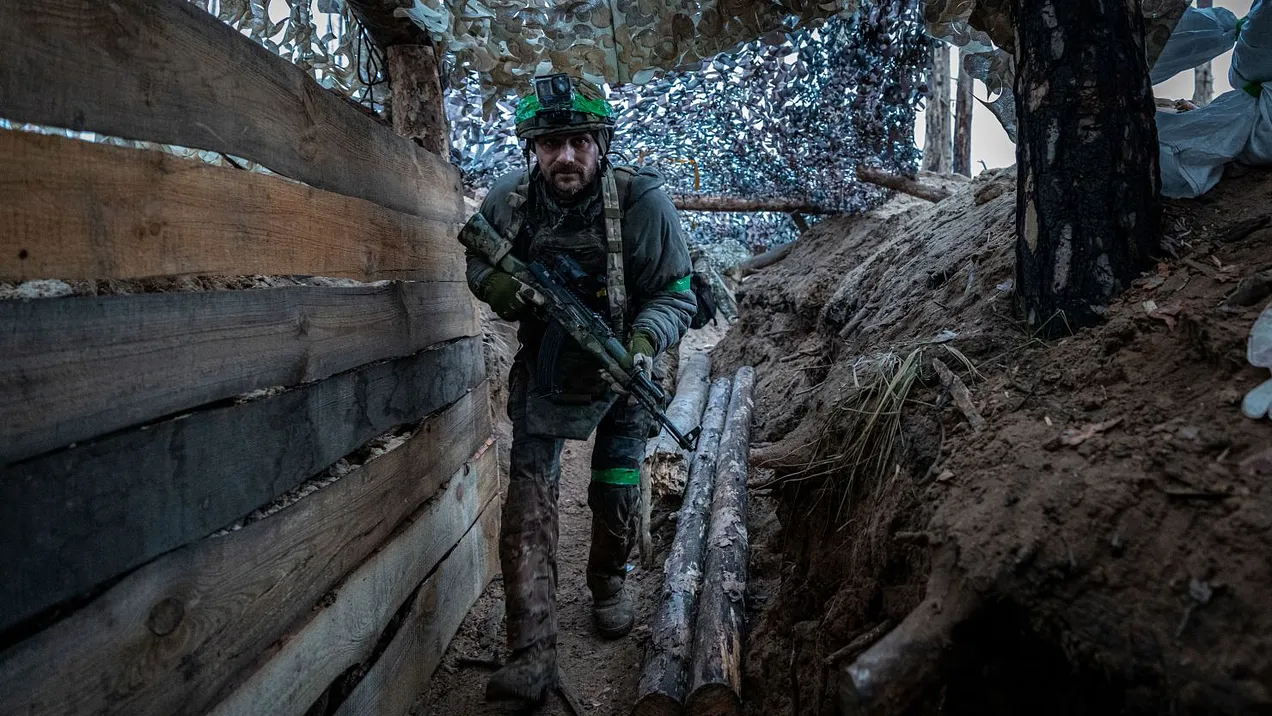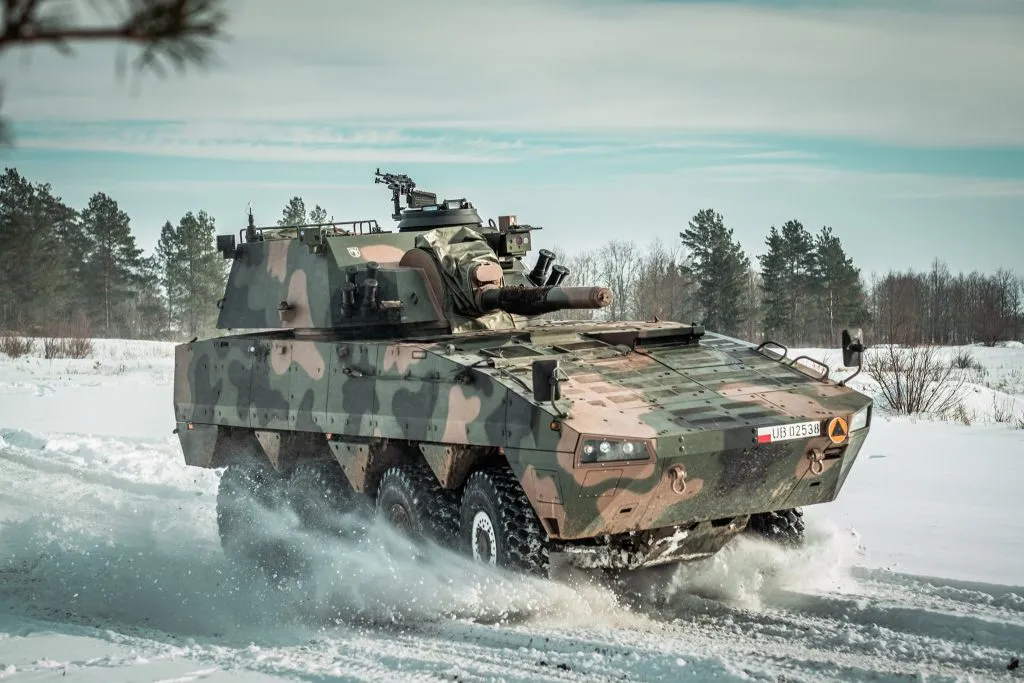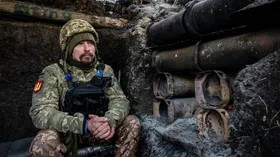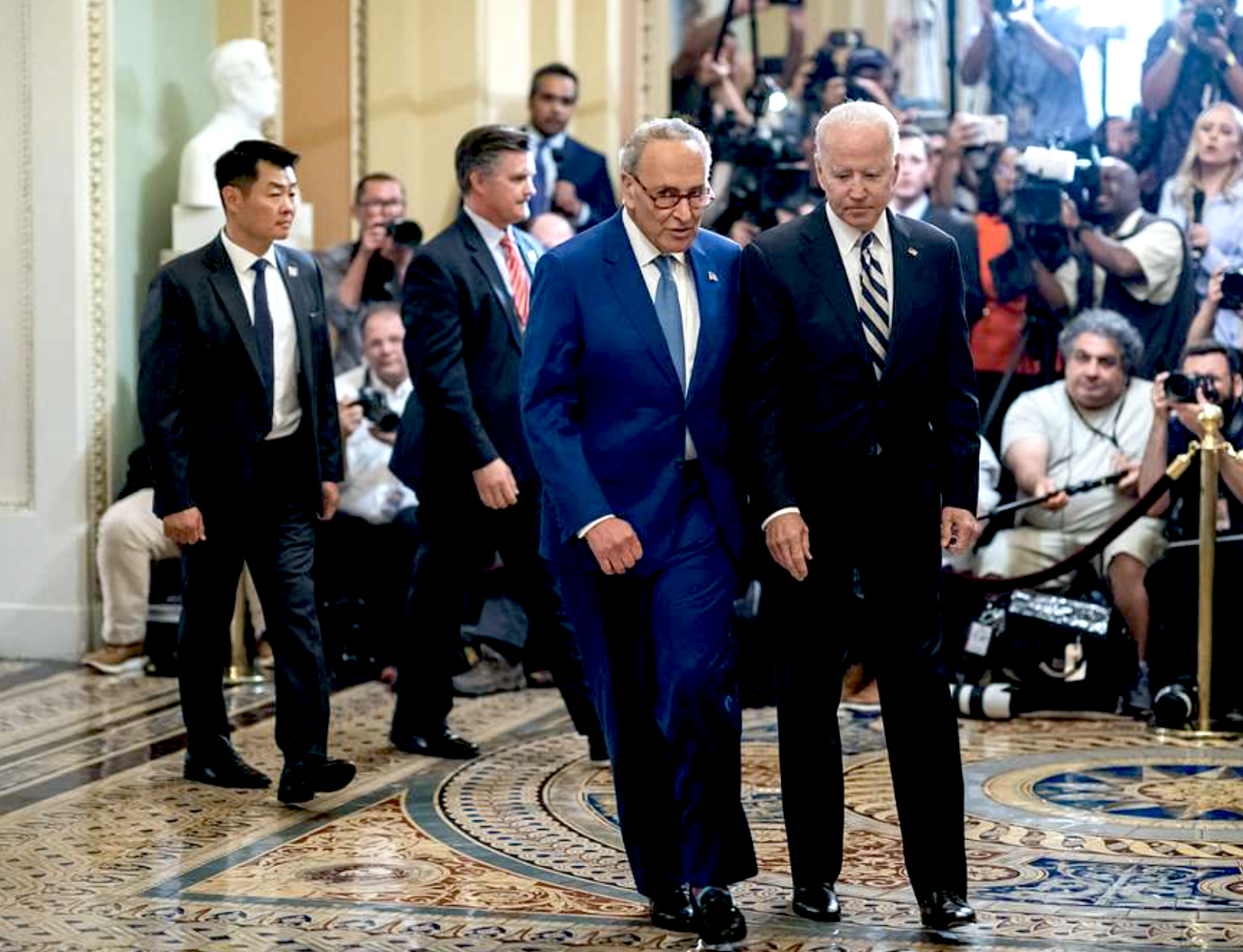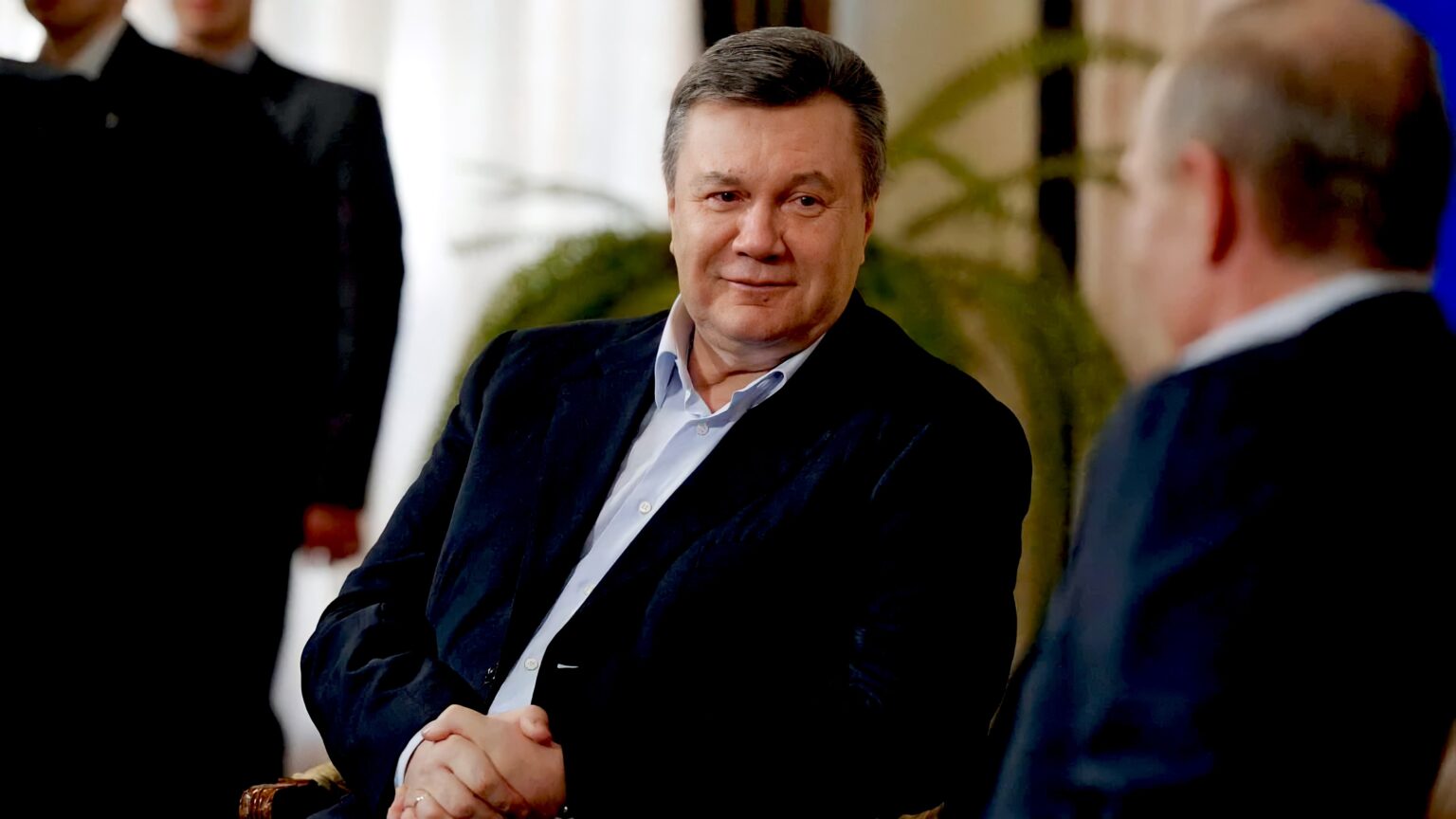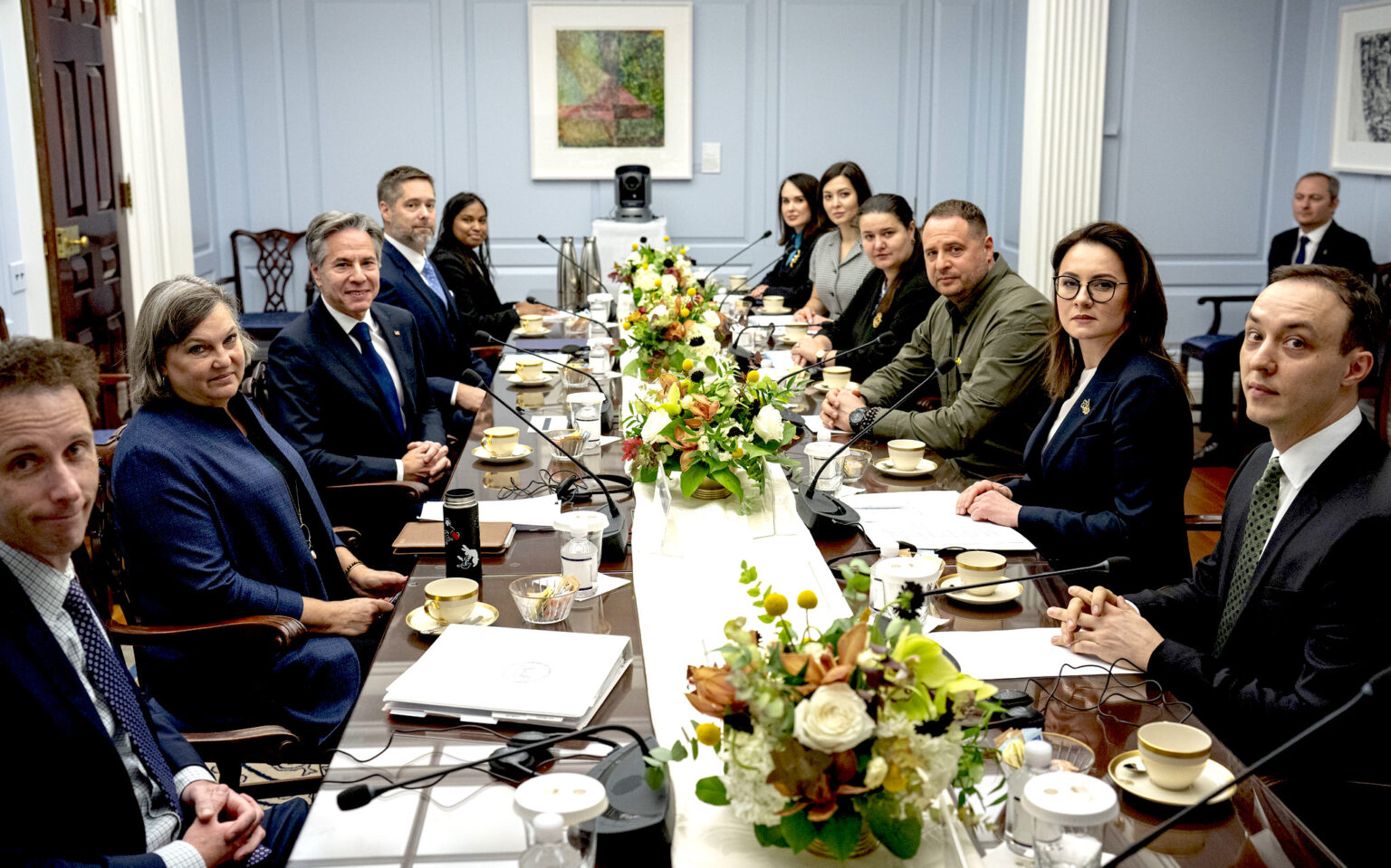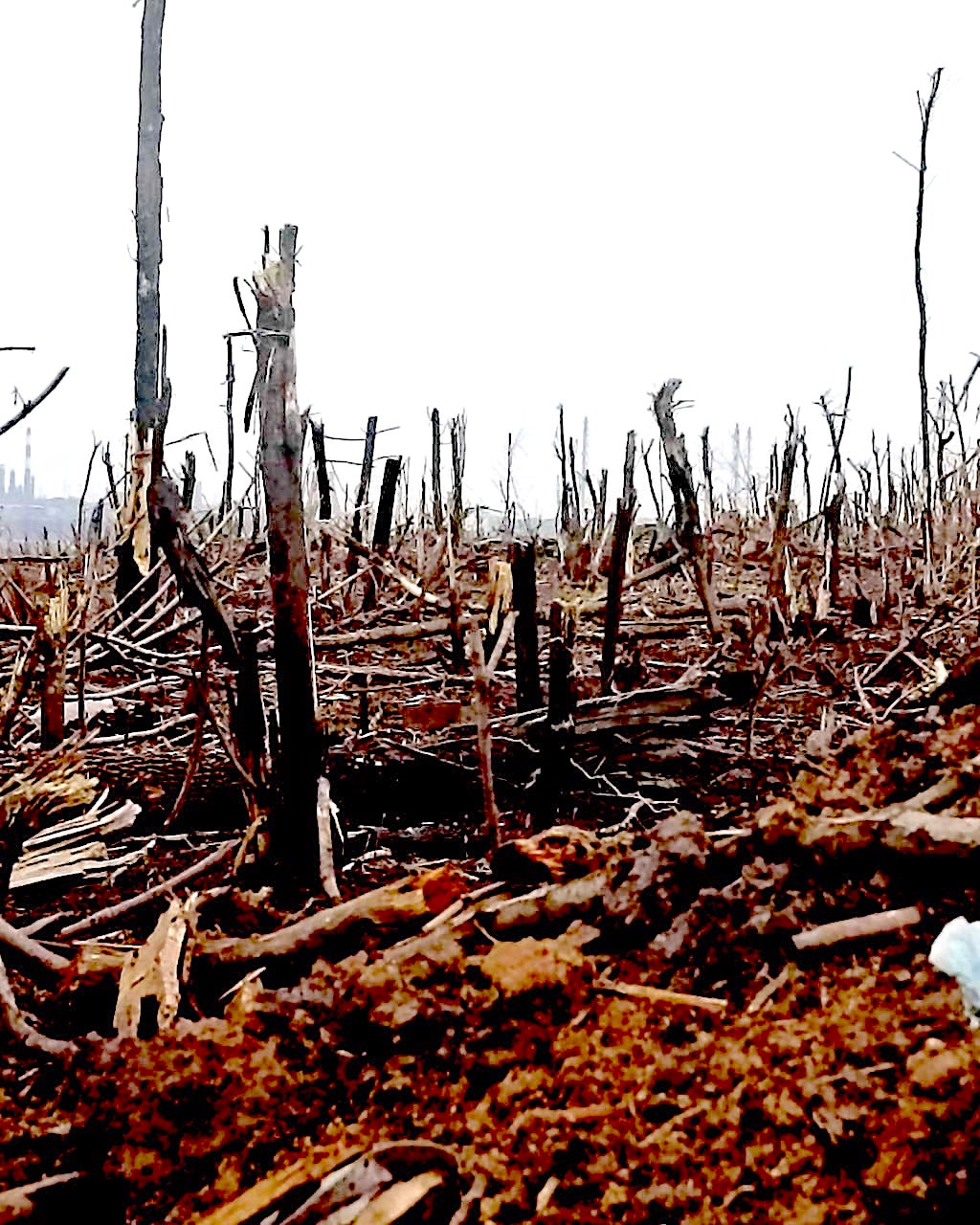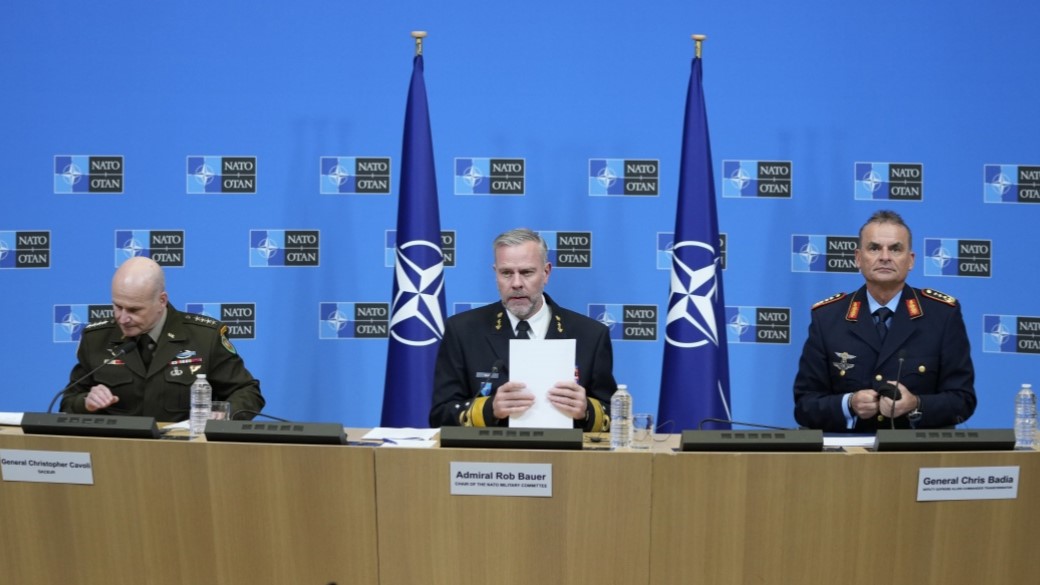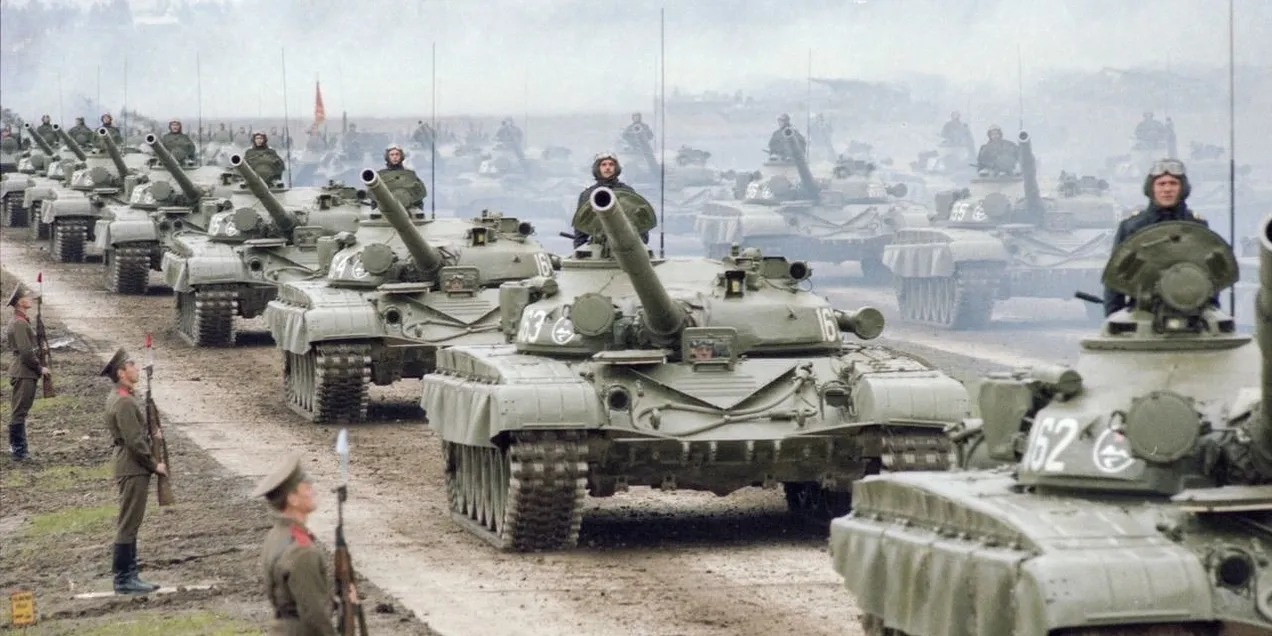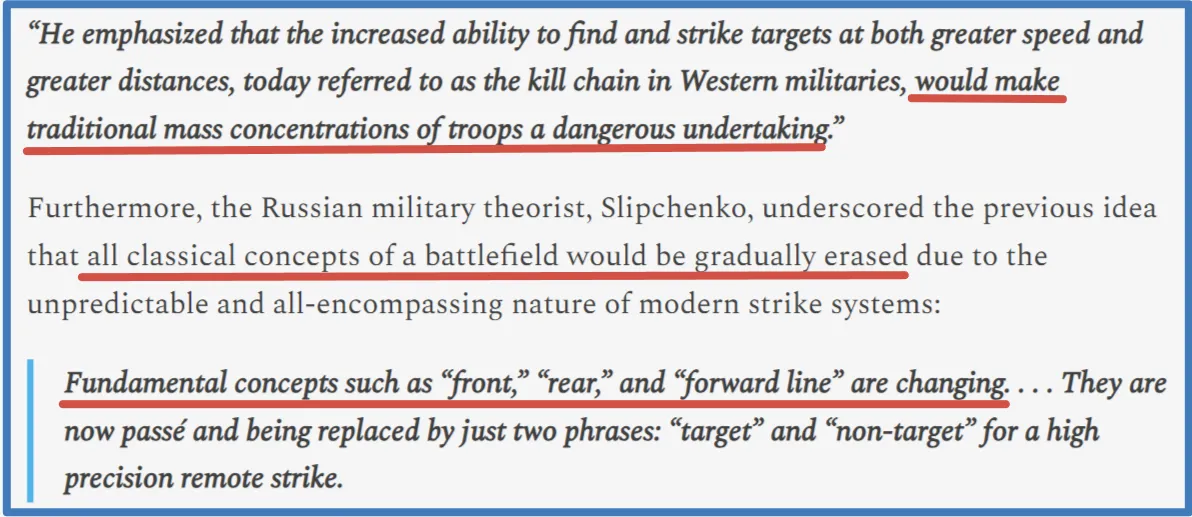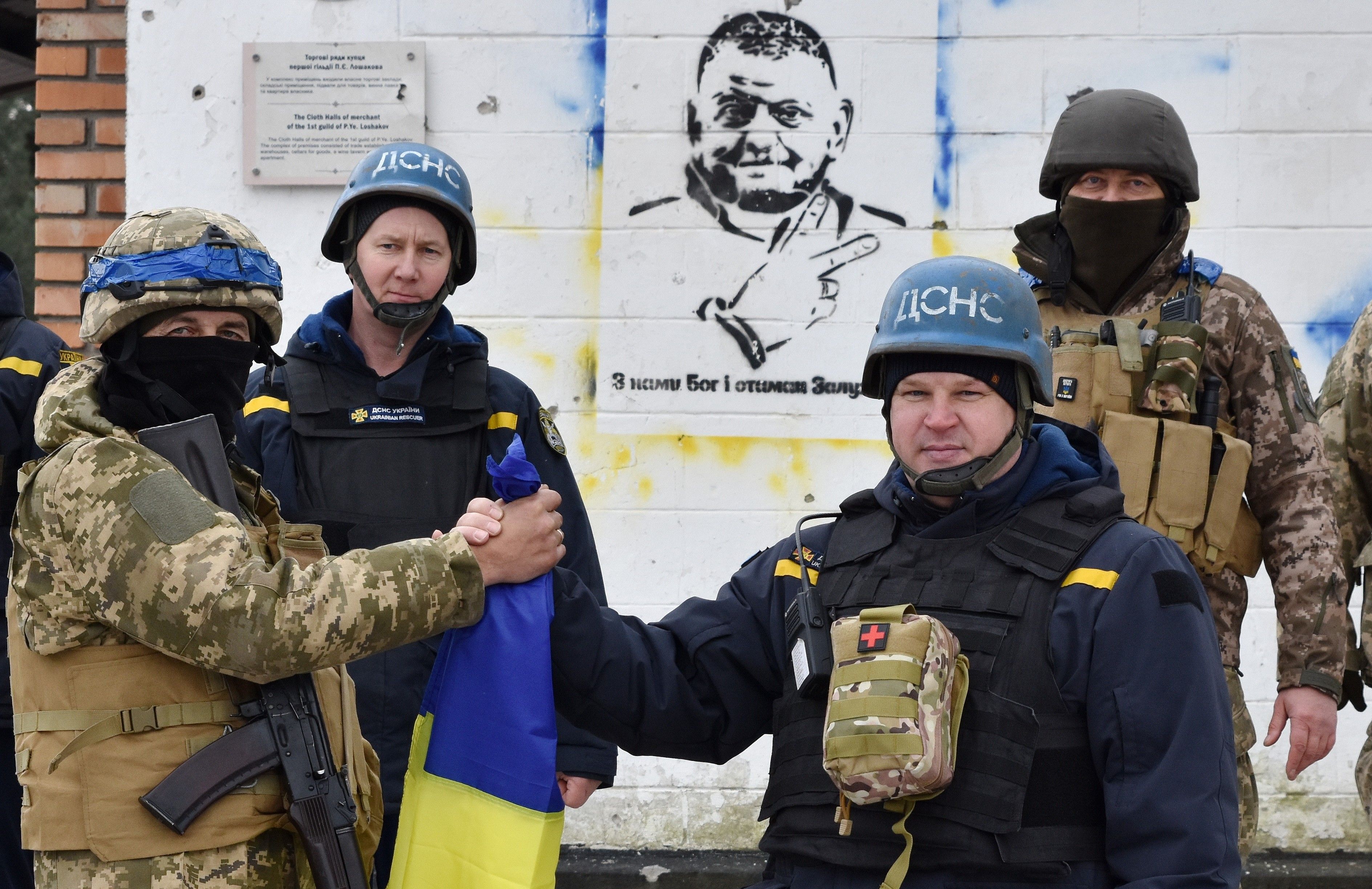POSTED BY @NSANZO ⋅ 02/04/2024
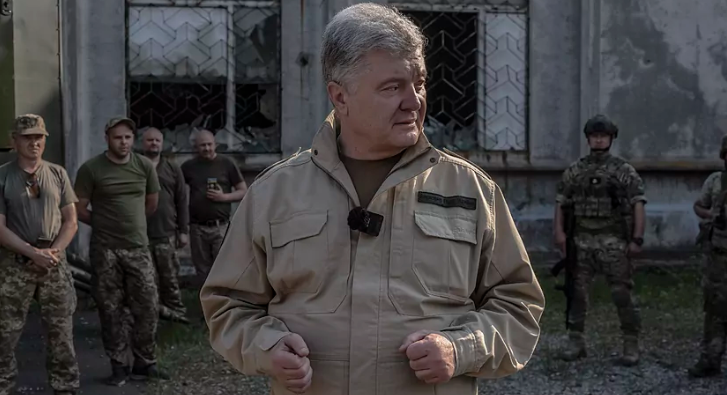
Although questionable in terms of methodology, representativeness and reliability taking into account the circumstances of the war - the lack of communications, which makes it difficult to carry out interviews in places far from large cities, and, above all, the massive loss of population of the last two years -, polls have shown Zelensky since February 2022 as the only political figure who has maintained popularity. Beyond all the criticism that the partial and interested sociological studies that supposedly independent institutions have carried out at this time deserve, they all show something that corresponds to what can be observed on a daily basis: the practical disappearance of Petro Poroshenko as a figure policy.
Something similar can be said of Yulia Timoshenko, the former prime minister who was released with great fanfare after the Maidan revolution to later lose all the political credit that her time in prison had given her on a social level within the nationalist sectors. Timoshenko and her run-down political party are now trying to regain some media presence using an issue that is causing controversy due to the unpopular measures that the Zelensky government is willing to implement: the law on mobilization. Although it is still being debated in the Rada and a project has already been withdrawn, the legislation seeks to expand the sectors of the population subject to mobilization (increasingly limiting, for example, the types of physical disabilities that until now meant exemption from conscription ), make it difficult to evade recruitment and, above all, create an electronic system that allows men to be called up regardless of where they are, whether in national territory or abroad. Timoshenko, who has described the new proposal as draconian and has insisted that it contains even harsher measures than those rejected by the Rada, has stated that “the law contains unacceptable and unconstitutional demands. The adoption of such a law would be a crime against the State of Ukraine and a lack of respect for its citizens.” However, despite her attempt to use such an unpopular issue as a political claim, Timoshenko's future is complicated, since she continues to be remembered as the minister accused of corruption for a series of gas transit contracts excessively favorable to Russia.
While Tymoshenko is barely clinging to whatever little political credit he may have left, Poroshenko's case is more complex, as Zelensky's predecessor maintains power ambitions and tries to present himself as the opposition to Zelensky. With all the non-nationalist options - no matter how small they were - eliminated from the political board, the former president's party, which widely lost the elections against Zelensky whose campaign was fundamentally based on presenting himself as the opposite of Poroshenko, is the only real political alternative. in present-day Ukraine. Hence Petro Poroshenko's attempt to remain in public life, with a regular presence in the media and using his deputies to pressure the current Government. An example of this could be seen this week, when deputies from European Solidarity (new name of what was born as the Petro Poroshenko Bloc) gave the warning that General Zaluzhny was about to be fired by Volodymyr Zelensky.
It is evident that Poroshenko's objective is to regain political relevance despite the fact that his position had been seriously undermined. The three years of Zelensky's presidency prior to the Russian invasion were marked by the political defeat of Poroshenko, who was not only humiliatingly comfortable in the presidential race but the result of the legislative elections gave a large majority to Servant of the People. With the start of the Russo-Ukrainian war, the wave of patriotism and the effective communication management of Zelensky's circle, which made him a war president who heroically resisted the evil hordes from the east, the figure of Poroshenko lost the scarce presence that had maintained until then.
Throughout Zelensky's mandate, Poroshenko's strategy involved maintaining a belligerent stance in two specific aspects: nationalism and war. Zelensky had been chosen as a more moderate, less nationalist and more technocratic option compared to the nationalist, belligerent and not very competent (especially on the economic issue, in which he had maintained the oligarchic clan structure) outgoing president. The opposition strategy then involved mobilizing nationalist sectors against any concessions to the Russian-speaking population, especially on the issue of the use of the language, legislation that Zelensky had promised to soften. But, above all, the opposition of Poroshenko and the far-right groups linked to Svoboda that had supported him was based on seeking confrontation to avoid any concession to Russia on the issue of the war in Donbass. Zelensky inherited a Minsk process already blocked precisely because of Poroshenko's position. Seven years would pass before, after the Russian military intervention, when the 2015 agreements were just a bad memory that Ukraine had already repudiated, Petro Poroshenko confirmed what was always obvious: his envoy -Leonid Kuchma- signed the treaty his orders despite the fact that there was no intention to implement his postulates.
Poroshenko's opposition strategy foundered from the first months of the Zelensky administration, which annulled the possibilities that the former president could capitalize on the issues of nationalism and war by maintaining, and even surpassing, the policies of his predecessor. Zelensky not only did not repeal the laws that were beginning to limit the presence of the Russian language in areas such as education, but he deepened it. In the same way, not only were there no concessions to Russia, Donetsk or Lugansk, but the policy of refusing to lift the blockade of Donbass remained firm. In the three years of the “peace” presidency before February 2022, the new president also maintained the Minsk blockade policy, an agreement that he tried to modify to eliminate political points that Ukraine never intended to comply with.
During the first year of the Russo-Ukrainian war, Poroshenko's only chance of maintaining some political presence was limited to claiming some of the credit for the successes of the Ukrainian Armed Forces by claiming that it was his administration that initiated the reform of the army into a a force capable of confronting Russia. And at the moment when Ukraine began to openly admit that the Government never had any intention of complying with the Minsk agreements, the former president who negotiated them took the opportunity to present that long night in Minsk as a hoax made in Poroshenko . According to his version, Ukraine not only never had the intention of being guided by the signed agreements, but they were a cunning deception on Russia to buy time, reinforce the army and resolve the situation through military means.
In recent hours, in statements to the French press, Poroshenko has demanded that European countries deliver all the weapons that Ukraine needs to defeat Russia. But the former president did not want to stop there and has used some of the criticism that Valery Zaluzhny has expressed in recent months to accuse the Zelensky administration of lying to the population about the situation of the Armed Forces, the development of events in the front and the mobilization process. The leader of European Solidarity, who in recent weeks has made an enormous effort to gain support for himself and his party in Parliament and other institutions of the European Union, accuses the current president of manipulating reality and offering the population a unrealistic account of the facts. And closing the circle started by the false promises about the speedy recovery of Crimea, a meme parodied by the actor Zelensky, Poroshenko accuses the current president of promising the population that “next year” they will be able to have “tea in Crimea” despite to be aware that it will not be possible. The president who in 2014 stated that the war had to be won in “days, not weeks,” accuses his successor of making the population see “things rosy.”
Spring is quickly approaching and Zelensky's term will officially end, at which point the former president will be able to politically exploit the lack of democratic legitimacy of the expired legislature. Preparing the ground, Zelensky's predecessor is willing to use any argument, always from nationalist positions. Even those that the now president used against him. However, in his attempt to regain political relevance, Poroshenko will need better arguments and, above all, the favor of foreign partners, Ukraine's most important audience, for now satisfied with the current president.
https://slavyangrad.es/2024/02/04/que-f ... oroshenko/
Google Translator
******
CONFIRMED: THE WAR IN UKRAINE ENDS WITH PARTITION
Kit Klarenberg
Feb 2, 2024 , 2:36 pm .

espite Biden's repeated promises to support Ukraine "for as long as it takes," ultimately "Washington's hand is on the spigot of military and financial aid, which is the lifeblood of Ukraine's war effort" ( Photo: Arwa Makki / Al Mayadeen)
In recent weeks there has been a flurry of extraordinary mainstream media reports admitting the hitherto unthinkable and unspeakable: The war in Ukraine is over, Moscow won and kyiv lost. In a bad way. Very very bad way.
Perhaps the most striking example was provided by a January 6 op-ed published in The Spectator , written by the outlet's titular "Russia expert," Owen Matthews. A long-time acolyte of Maidan, in June 2023 he revealed " Overreach, a pseudo-psychological account " of why the special military operation of February 2022 occurred. He attributed the world-changing action to the Kremlin's delusions of breeding a hybrid modern illegitimate of the tsarist empire and the Soviet Union. His conclusions were harsh, he predicted an imminent and total catastrophe for Vladimir Putin:
"Not only will Putin leave no lasting ideological legacy, but any legacy of prosperity and stability he may have created was destroyed by his own decision to declare war on Ukraine. The price of his illusions was not only thousands of lives lost, but also a lost future for Russia.
Today, Matthews has a quite different view of things. He observes that there is "a brutal truth at the core of Putin's maneuvers." To wit: "The partition of Ukraine—to a large extent—has already happened," and "the key challenge facing American policymakers this year will be how to handle that reality":
Last year's fruitless fighting has shown that fully reconquering Ukraine's lost territories will require far more blood and treasure than has already been spent, money that the United States is increasingly unwilling to provide."
The biggest obstacle to the Empire simply admitting defeat is that "no one in Washington" wants to "explain" it to Western audiences. Simply put, recognizing Russia's permanent ownership of Donetsk, Kherson, Lugansk and Zaporizhzhia "would represent a profound humiliation for the United States and its allies." Publicly, at least. This is very problematic since, as Matthews acknowledges, "the final outcome of the war will be determined not in kyiv but in Washington."
"IT IS NO LONGER POSSIBLE"
Despite Biden's repeated promises to support Ukraine "for as long as it takes" from February 2022, and White House spokespeople's incessant claims that it is up to Kiev when the war ultimately ends " "Washington's hand is on the spigot of military and financial aid that is the lifeblood of Ukraine's war effort." This means that the United States has the final say on when the proxy war ends , but not how:
"With the possibility of an incoming Trump administration, Putin has every incentive to wait for the outcome of the US presidential election in November before finalizing any deal. But any deal Trump might make on Ukraine would, in fact, be little different from the one he made. was at Biden's disposal. Separation is the only deal that is likely to be on the table."
Matthews, who has never hidden his loyalties, maintains that Ukraine's stated war goal of restoring its 1991 borders "has the logic and virtue of being fair under international law." However, he is forced to admit that even if "a reconquest of the four lost oblasts were militarily possible", there is no guarantee that "their reintegration into Ukraine" would make "the country safer and more stable". In fact, "the opposite" could happen.
Up to 130 thousand residents of Donbas have been fighting alongside Russia on the front, "for their own territory." In many cases, their battle long precedes Moscow's arrival in 2022. Matthews believes that they will not simply "lay down their weapons en masse and welcome the enemies they have been fighting since 2014." Based on conversations with his "old contacts in Donbass," there is even "strong opposition to being liberated by Ukrainian forces." A local journalist told him, after a trip to Mariupol:
"Some people are angry because Kiev abandoned them, others because Kiev resisted and caused a lot of destruction. But most of all, people don't want war to come back to their homes. They don't care what color their passport is."
Matthews recounts how, in a little-remembered episode from October 2019, not long after becoming president, Vladimir Zelensky “was willing to accept a rig in the form of "special status" for the self-proclaimed Donetsk and Lugansk Republics within an effectively Ukraine. federalized." He negotiated "the holding of a referendum in Donbas on its future status in October 2019, which was canceled after violent Ukrainian nationalist protests in kyiv."
Zelensky certainly wishes the referendum had gone ahead, which would likely have prevented the Special Military Operation. He surely also regrets believing Boris Johnson's promises of a blank check in exchange for keeping up the fight, after the then British Prime Minister flew to Kiev in April 2022 to sabotage peace talks. Under that truce, Zelensky effectively ceded Crimea to Moscow and ruled out his country's entry into NATO. As Matthews laments, today "that kind of compromise is no longer possible."
Mathhew concludes by quoting Mykhailo Podolyak, Zelensky's top adviser and close personal ally, to the effect that "we are talking about defeating Russia, not territory." These comments directly echo a December 27 New York Times editorial, "Ukraine Doesn't Need All of Its Territory to Defeat Putin." The op-ed boldly argued that “regained territory is not the only measure of victory in this war,” in direct contravention of every statement by every Western official about the catastrophe of the past 22 months.
https://misionverdad.com/traducciones/c ... -particion
Google Translator
******
SITREP 2/2/24: Biden Launches Attacks as Russia Again Breaches Major Avdeevka Lines
 SIMPLICIUS THE THINKER
SIMPLICIUS THE THINKERFEB 2, 2024
<snip>
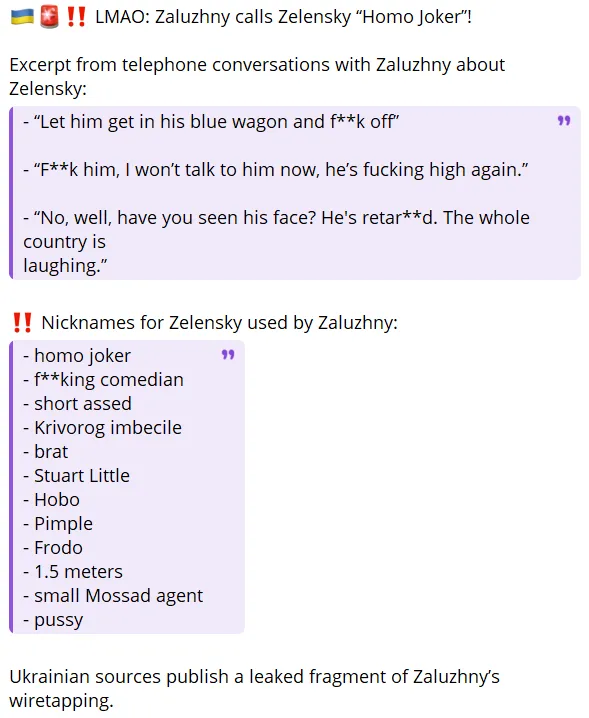
<snip>
Zaluzhny may leave his post so as not to become a “scapegoat” - Prozorov showed a secret letter about the generals’ disobedience to the commander-in-chief of the Armed Forces of Ukraine
The letter was “leaked” from the SBU, it could have been prepared by the military themselves so that Zaluzhny would have an official reason for dismissal, ex-SBU officer Vasily Prozorov, who received the document from his Ukrainian sources, said in the Open Air program on the Zvezda TV channel.
“They (the Ukrainian military) understand perfectly well that they need a “scapegoat” on whom all military failures will be blamed. Zaluzhny understands that the last one [to be in the post] will be blamed for everything. But leaving on his own is not nice. And if Zelensky fires him by his decree, then “the scoundrel president simply devoured him almost on takeoff,” the expert noted.
Prozorov’s theory is that Zaluzhny actually wants to “get out of dodge” himself because when Ukraine is forced to surrender to Russia, the general doesn’t want to be made the scapegoat.
<snip>..
The other huge news is another startling ‘surprise advance’ has occurred on the Avdeevka front:
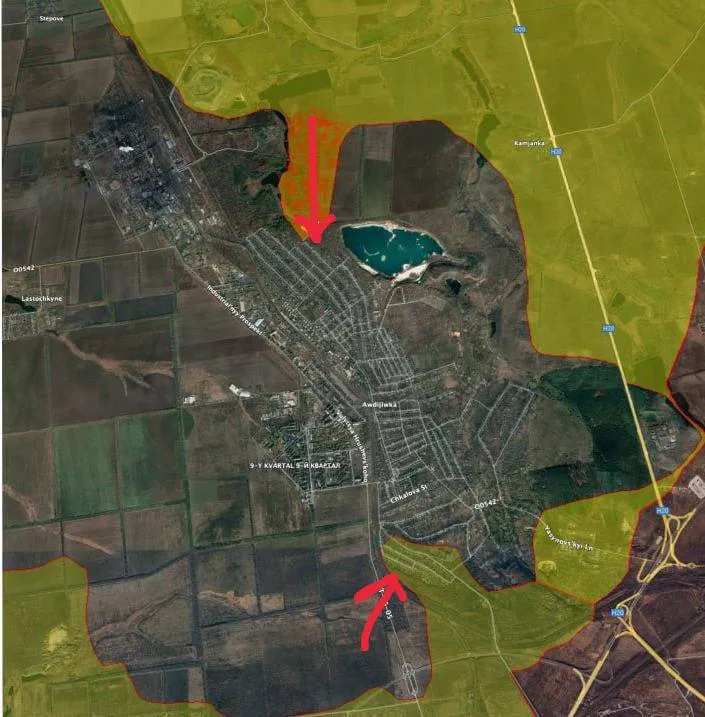

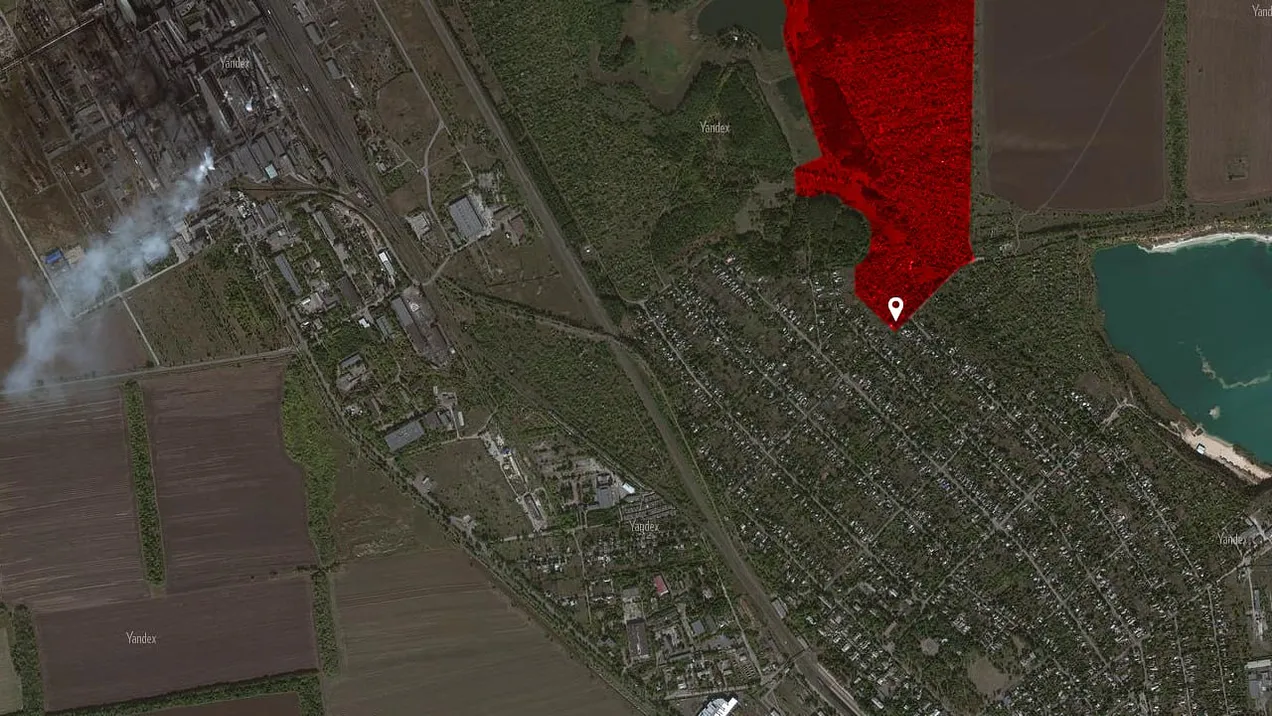
This time it was from the north, and was initially confirmed via geolocation of a Ukrainian FPV attack on advanced Russian forces:
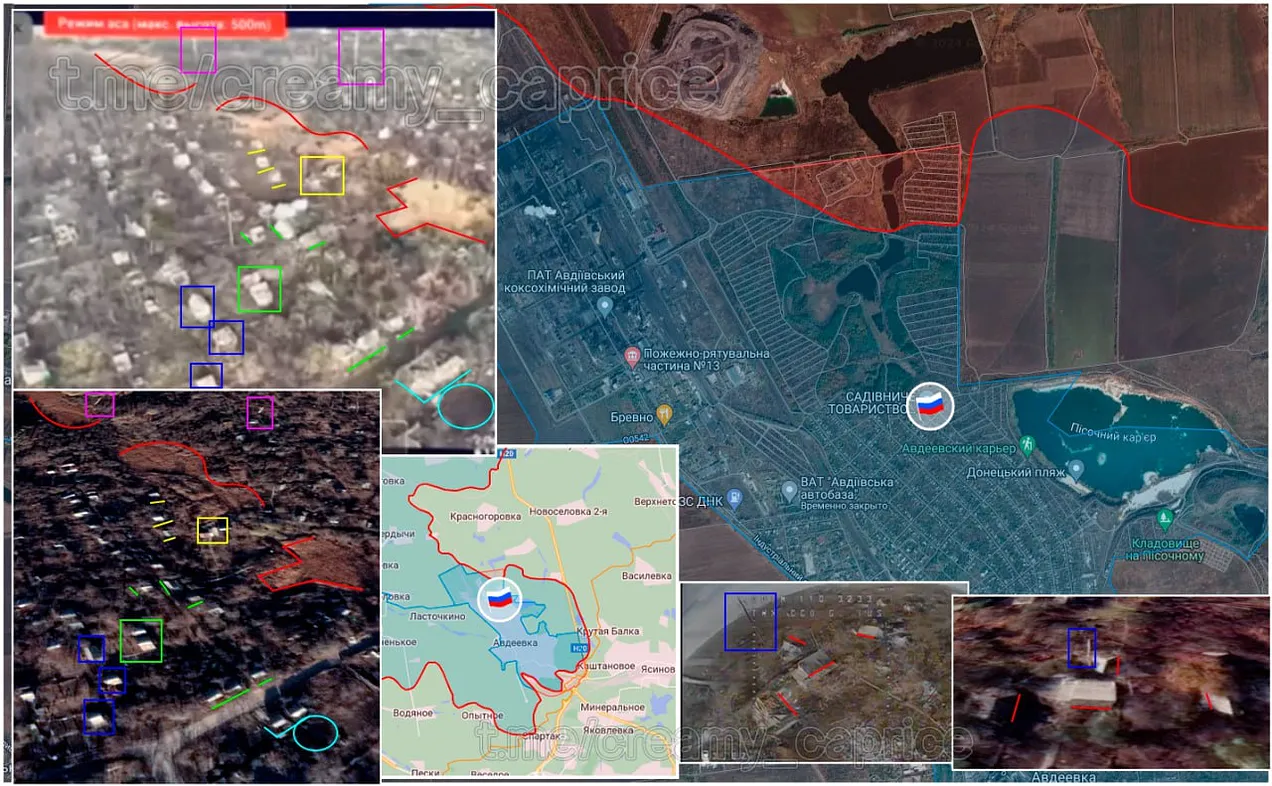
It’s difficult to tell how definitive it is because of that, since it could have just been forward scout units. However, there’s been so much hubbub about it now from reliable sources that it appears they have begun to dig in, though we’ll know for definite over the next few days or so.
Julian Roepcke, of course, once more led the pack in alarm:
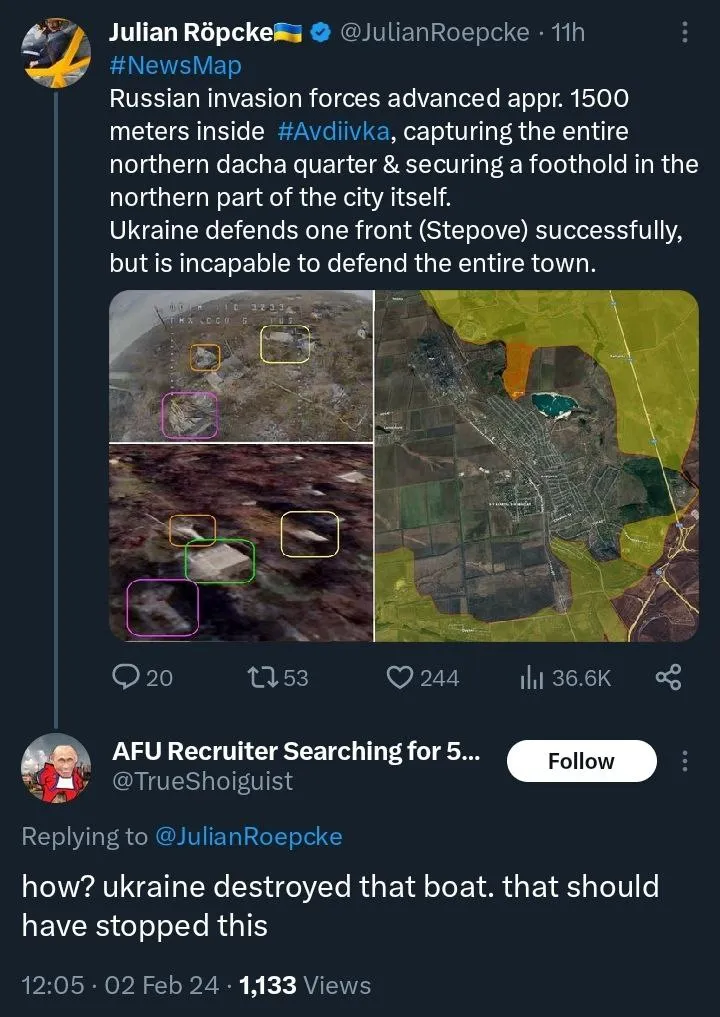
As the former platoon commander of the nationalist battalion "Aidar" Yevgeny Dikiy said, the Ukrainian Armed Forces will apparently have to leave Avdiivka.
According to Dikiy, the likelihood of the Ukrainian Armed Forces withdrawing from Avdeevka is growing every day for one reason: “shell hunger”, as well as the approach of Russian troops to the supply route.
—
On that note, it’s not looking good for the AFU, and the given reason continues to be due to mass shell hunger and inability to fire artillery. Several new articles evocatively delve into this topic, as well as other revealing matters. One from Politico:
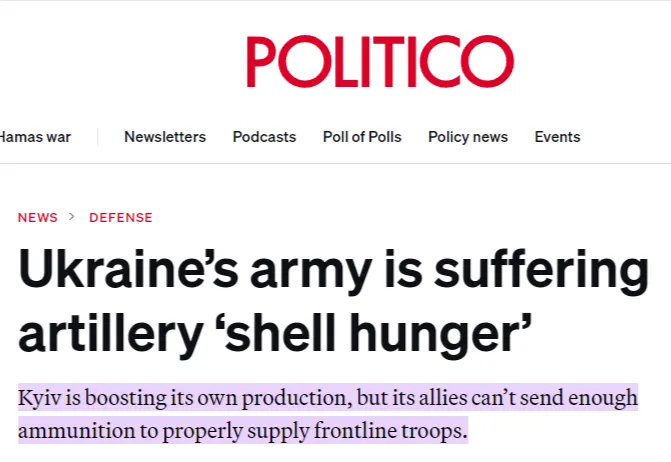
https://www.politico.eu/article/ukraini ... ell-hunger
One of the revelations is that the EU will only end up scrounging up 524k total shells of the promised 1M for Ukraine. If you recall, last time they were “on track” for 600k+, but the total number keeps dwindling:
The European Union had promised to send a million shells by March but won't meet that target. EU foreign affairs chief Josep Borrell said this week that the bloc will ship only 524,000 shells by then, while promising 1.1 million by the end of the year.
The quote of the article goes to this, however:

They repeat the same tired spiel about their FPV usage as replacement for artillery, but one soldier even admits that FPVs can’t entirely do the job. And he’s right, you can go far with them but nothing can totally replace the ‘god of war’.
Another one from Bloomberg hits the panic button:
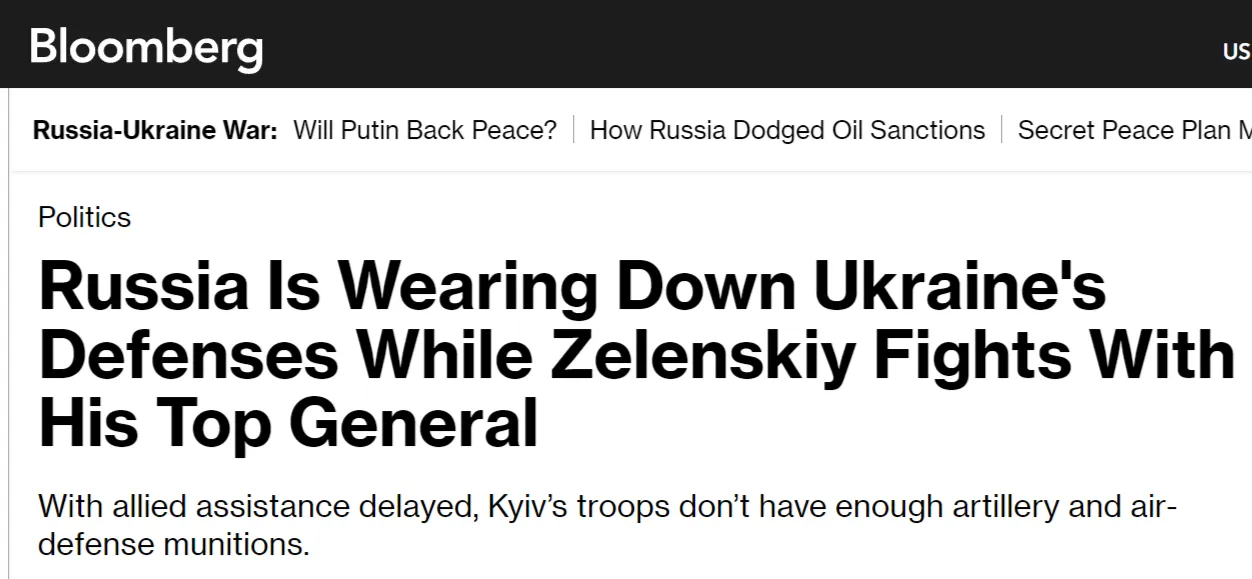
https://archive.is/5YWL0
The common theme with both is that Ukraine has too few ammunition not merely to go on assault or “win”, but even to defend and hold back Russia’s troops:

Recent waves of Russian missile attacks killed dozens in Kyiv and other cities as Ukraine’s air defenses, which rely heavily on expensive interceptors provided by the allies, weren’t able to destroy as many of the incoming weapons as in the past, according to a European diplomat.
The next piece is from Der Spiegel:

https://www.rt.com/russia/591606-prison ... n-ukraine/
And here in Putin’s own words: (Video at link.)
This is finally official confirmation of what I’ve been solely compiling for a long time, based on official statements from both sides, as well as tracking the actual facilities Ukraine uses to house POWs. The fact is, Ukraine only has a few hundred Russians while Russia has had anywhere between 10,000-15,000 Ukrainian POWs at various points, fluctuating with exchanges.
Given the fact that each category of casualty should scale relatively comparatively, this means we can expect a similar disproportionality to exist between Russian-Ukrainian KIA figures.
Commenting on the above, one analyst wrote:
Putin said that the proportion of Russian and Ukrainian prisoners is approximately 1:10. And why? What does it mean?
Option 1: Does this mean that the ratio of losses between the Russian army and the Ukrainian Armed Forces is 1: 10?
Option 2: Or are the losses comparable, but the morale of the Ukrainian Armed Forces is so much less than the morale of the Russian army that Ukrainian soldiers surrender 10 times more?
My answer is both. The losses of the Ukrainian Armed Forces are approximately 3 times greater than Russian losses.
But the morale of the Ukrainian Armed Forces is significantly lower, so that prisoners surrender in a proportion 3 times higher than the proportion of losses.
And the third option is tactics. The Russian army surrounded many Ukrainian Armed Forces in Mariupol, the largest city liberated.
His rationale makes sense. The KIA doesn’t have to be exactly 10:1 like the POW ratio owing to, as he states, the disproportionately lower morale of the AFU. However it could still be much closer to the 10:1 than the 3:1 he posits. Either way, we know it means for a fact that Ukraine’s KIA figures are far higher than that of Russia’s, and Putin’s is the highest level confirmation of this..
(Much more at link, check it out.)
https://simplicius76.substack.com/p/sit ... es-attacks
*******
Firsthand: A Meeting With Ukrainian POWs and Ukrainian Deserters Fighting for Russia
Sonja van den Ende
February 3, 2024
The West talked about the glorious Ukrainian army, which was invincible and would bring the Russians to their knees. But after seeing it, my own experience, last week and hearing the reports, the Ukrainian army is a “pathetic bunch of misery”.
Last week I visited the Lugansk People’s Republic now part of Russia, or as it is called NovoRussia and had the opportunity to speak with Ukrainian prisoners of war (POW’s) as well as defected Ukrainian soldiers who are now fighting for the Russian army.
The first visit was to the POWs who were all basically sitting at a table “sadly”, their heads bowed down full of what I guessed was shame and perhaps anger on the part of some.
My question to them, or actually it was not a question but comments, was how it actually came to the point that “brother” people are standing against each other on the battlefield. I also told them that the “majority”, i.e. the non-indoctrinated population in the West, now knows that the war is a proxy war of the U.S. and its NATO allies and they are the proxies who have to die for the West. The West also now has a new war, the war against Palestine, the escalation in the Middle East and arms supplies to Ukraine have almost stopped.
I saw some of them look in agreement, but given the measures that could of course be taken by the Ukrainian regime against their family members or loved ones, by the SBU (Ukrainian Secret Service) they couldn’t answer. But some of the men very cautiously shook their heads in agreement with my arguments against them and the war they had to fight.
According to Western reports, both Ukrainian and Russian prisoners of war suffered various forms of abuse during the Russian invasion (as the West calls it an invasion) of Ukraine, such as mistreatment, exposure to public curiosity, torture, or even execution.
During my visit to these prisoners of war, I could not discover whether they had been tortured or ill-treated. These POW’s as how they looked have probably been mistreated by Ukraine itself, they had recently been captured, and from what we know from the defecting soldiers, the Ukrainian army is in short supply of almost everything.
The West is accusing, as I said many times before, Russia immediately without a thorough investigation (s). For example in August 2022, on a special mission, under the protection of the Russian army, I visited the Yelenovka prison, where members of the extremist AZOV militia were imprisoned and some are still imprisoned in the (not) destroyed part. Most of the members had been transferred from the Azov steel factory to this prison and were awaiting trial.
Immediately after the destruction, on July 31, 2022, the Russian government offered the United Nations and the International Committee of the Red Cross the opportunity for their experts to investigate the attack on the Yelenovka prison
At the same time, with the offer for investigation, Russia’s Permanent Representative to the United Nations, Dmitry Polianski, announced that he has just informed UN Secretary General António Guterres that Moscow has “irrefutable evidence” that “Ukraine is responsible for the attack ”.
According to the statement of the Russian government in August 2022, a total of 193 prisoners of war were in pretrial detention at the center when a rocket was fired by the American rocket launcher HIMARS, which hit a section of the prison, killing 53 people. HIMARS were only delivered in August 2022 and the Ukrainians shot them daily at Donetsk city in particular, but their training with these HIMARS left much to be desired and so things could easily go wrong, as probably in this case, or it happened on purpose, without research we won’t know.
The Dutch journalist Sonja Van den Ende asked questions to the Ukrainian prisoners, about why they are fighting against their brothers and made remarks on how the West is using them in their proxy war against Russia. pic.twitter.com/AMg7zCwhGE
— sonja van den ende (@SonjaEnde) February 2, 2024
“Very sad prisoners with no illusions about the fate of Ukraine, one could tell from the expressions on their faces.They were mainly from central Ukraine, one of them from Kiev, another from Vinnytsia. The men still wore Ukrainian uniforms, or some some civilian clothing. One of them had a large bandage on his head, following an injury most likely during his capture. Their faces express most of all sadness and moral fatigue. You could almost feel sorry for them“.
The men had probably just been captured and therefore looked starved, perhaps they are defectors like the ones we met in a secret place somewhere in Lugansk. The men we met there looked better, well-groomed, well-fed and full of courage to fight against what they call the “Banderites”. The term a Banderite or Banderitas means that the person in question is or was a member of the OUN-B, a faction of the Organization of Ukrainian Nationalists, nicknamed “Bandera’s people”. Or a member of, or one who subscribes to the ideas of, the political movement of Stepan Bandera.
A deserter, now fighting for the Russian army, told about his experience in the Azov steel mill, where the Azov battalion was stationed and eventually surrendered in May 2022. I myself visited the Azov steel factory in June 2022 and again after that.
“The Azov Nazis or Banderites imprisoned the population of Mariupol in the catacombs of more than five floors, they were elderly, women and children. The Russian army used, probably, in the end, the starvation method, as President Putin and Defense Minister Sergei Shoigu ordered for these Nazis because they did not want to attack the factory, they knew there were civilians there used as human shields. The Azov Nazis/banderites used all the food themselves and caused many of the prisoners to starve to death, including children. Later in August 2023 I saw the refrigerated/freezer truck that stood on the immense site of the factory, where the bodies of fighters and civilians were cooled, until there was no more electricity and of course the smell was unbearable”.
These deserters actually confirm what we journalists have reported many times that parts of the Ukrainian army consisted of battalions such as the AZOV battalion in the Donetsk People’s Republic (DPR) and the AIDAR battalion in the Lugansk People’s Republic (LPR), now both part of Russia.
The West has also confirmed until 2022, until the start of the Special Military Operation, that there were many neo-Nazis in Ukraine, we can all still remember the torch marches in honor of Stepan Bandera, which are still held annually in Kiev and other places like Lvov in Ukraine.
These defected soldiers, commanders, etc., probably could no longer cope with this and decided to desert after their capture, or some who spontaneously chose the other side. They will also have seen many crimes committed by the Ukrainian army against the Russian-speaking population in the Donbass, not only in Mariupol, but also as I wrote in a recent article, the mass murder in Lugansk, a good example of which was the murder due to fire on the elderly in a nursing home.
Many crimes committed by the Ukrainian regime were not investigated and were immediately dismissed by the West as being done by the Russians. But there is too much evidence and witness statements from the population in the Donbass, who did not flee, but stayed, saw their homes and often relatives die from attacks by what they say is the Ukrainian army and above all the battalions with a Nazi right-wing extremist -ideology.
The West promised a lot and also sent many weapons “for peace”, leaders in the West all, unofficially, declared war on Russia and talked about the glorious Ukrainian army, which was invincible and would bring the Russians to their knees. But after seeing it, my own experience, last week and hearing the reports, the Ukrainian army is a “pathetic bunch of misery”.
The West should be ashamed to use these Ukrainian soldiers, but also the population, for their own aspirations and in addition to doctrinaire their own population and now, according to what we can all read, prepare for yet another war, with mandatory military conscription, everything for the enemy: Russia.
https://strategic-culture.su/news/2024/ ... or-russia/
*******
From Cassad's Telegram account:
Colonelcassad
“New bridgehead” of the Ukrainian Armed Forces in Krynki and the advance of the Russian Armed Forces in Avdeevka: the situation at the front on February 2
Detailed analysis of different sections of the front from the Military Chronicle channel
https://t.me/c/1595839251/3220 - zinc
https://t.me/s/boris_rozhin
Google Translator
******.
Cleared "Menagerie"
February 3, 17:11

Cleared "Menagerie".
Confirming footage from the Zverinets fortified area northeast of Novomikhailovka, which was occupied by Russian troops after months of fighting.
(Video at link.)
Regarding the situation south of Novomikhailovka, despite the unsuccessful attack on January 30 (loss of 3 tanks and 5 MTLB), there has also been progress there in recent days. The Russian Armed Forces are obviously trying to bypass the village from the north and south in order to force the enemy to retreat, as was the case during the capture of Vesely. On the outskirts of Novomikhailovka the front line has not yet changed significantly.
The key importance of this section is that when Novomikhailovka is captured, the opportunity opens up to advance to the Ugledar-Konstantinovskoye supply route, which will create a serious threat to the logistics of a significant part of the enemy’s Ugledar group. Hence the severity of the battles for Novomikhailovka - both sides understand its operational value.
PS. Judging by Putin’s statement yesterday about problems with drones on one of the front sectors, information about unnecessary losses of equipment near Novomikhailovka reached the leadership. Yesterday it was said that additional instructions had been given on the production and development of electronic warfare systems. But so far the projectile is superior to armor when it comes to FPV drones and this applies to both sides.
https://colonelcassad.livejournal.com/8937262.html
Preparation for the assault on Avdeevka
February 3, 19:20

Scheme of possible operations of the Russian Armed Forces in the Avdeevka area (author: Swedish military analyst Mikael Woltersson)
1. Go to the east and west to the lake (flooded quarry) and force the Ukrainian Armed Forces to withdraw troops from sector 1A (up to two companies of Ukrainian Armed Forces infantry)
2. Then, using flank pressure, create a threat to the communications of the Ukrainian Armed Forces forces in sector 2A, forcing the Ukrainian Armed Forces to retreat to the city.
3. Attack and take strong points 2 and 3 near the air defense unit (one of them is “Cheburashka”) and secure the group’s flank in the “Tsarskaya Okhota” area after occupying area 1B.
5. At the same time, the task of clearing the forest between the “Tsarskaya Okhota” and the Industrial Zone in 1C is being solved, which will provide another flank.
6. In the future, there is an advance towards opornik 5 next to the Khimik quarter 6, which is the heart of Avdeevka’s defense.
Having carried out these actions, the RF Armed Forces will find themselves in a convenient position for the final assault on the city.
We will find out quite soon how much all this coincides with reality.
PS. In the morning, the enemy confirms that the Russian Armed Forces are close to completing the task from point No. 1.
https://colonelcassad.livejournal.com/8937517.html
Google Translator


